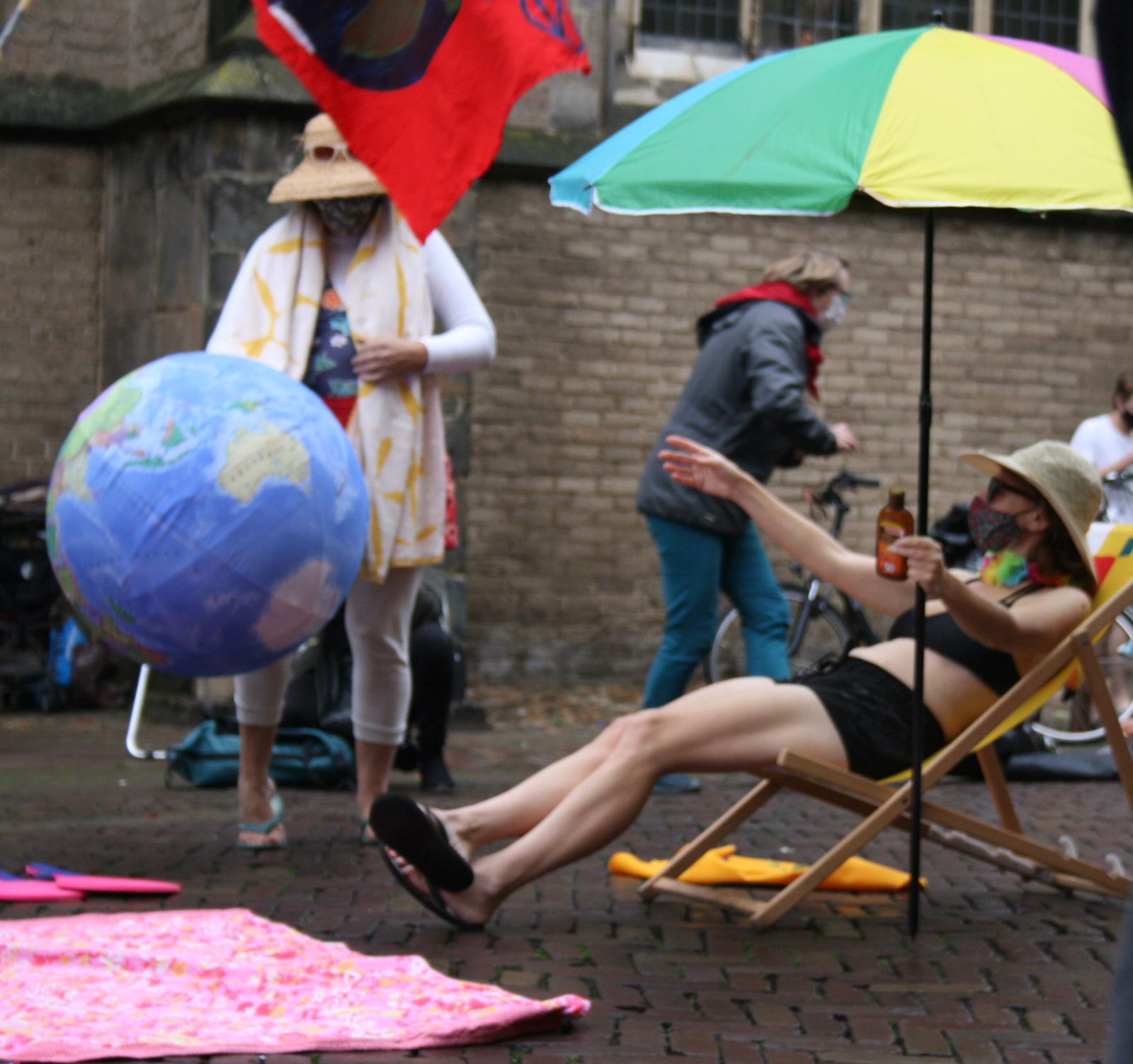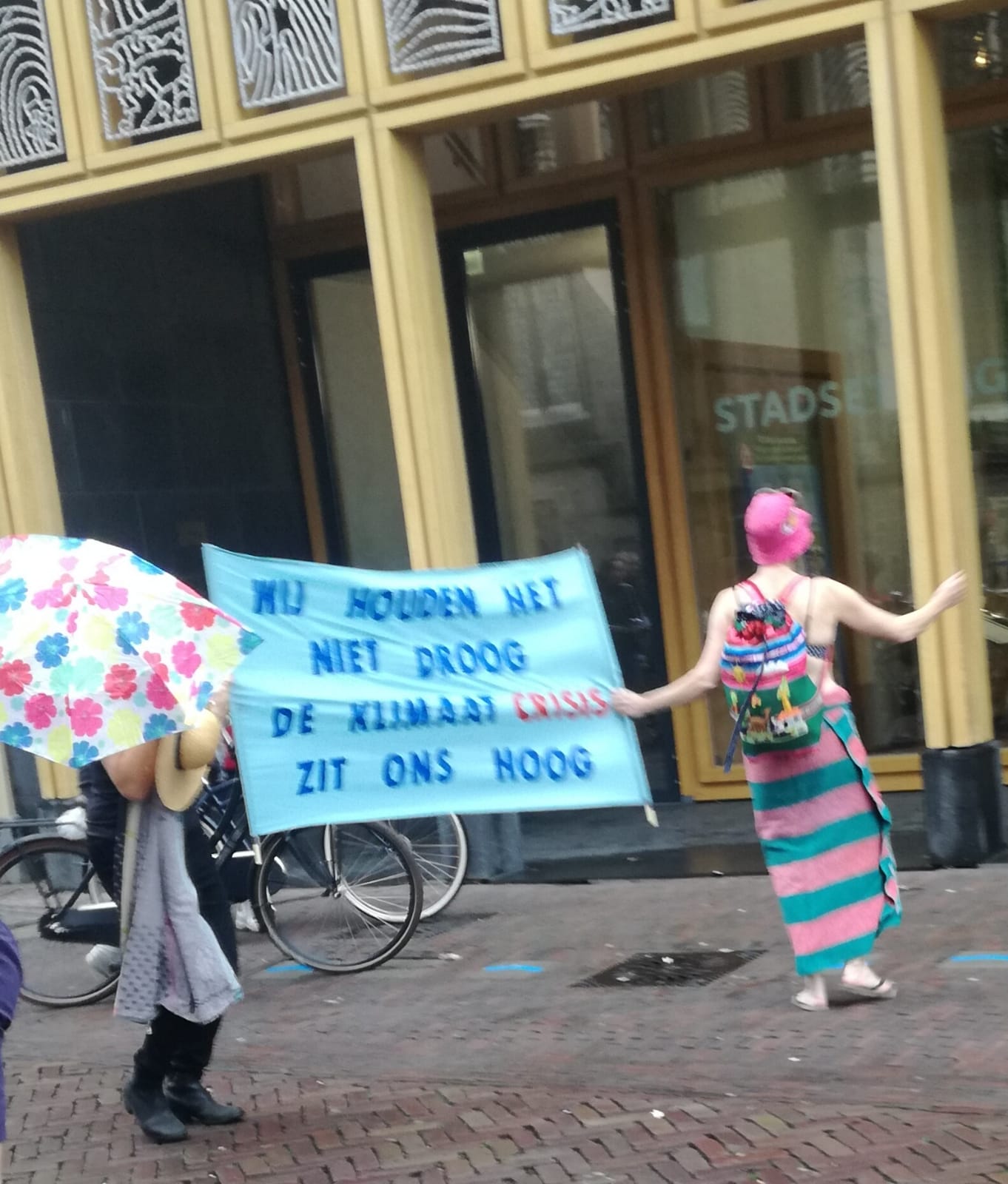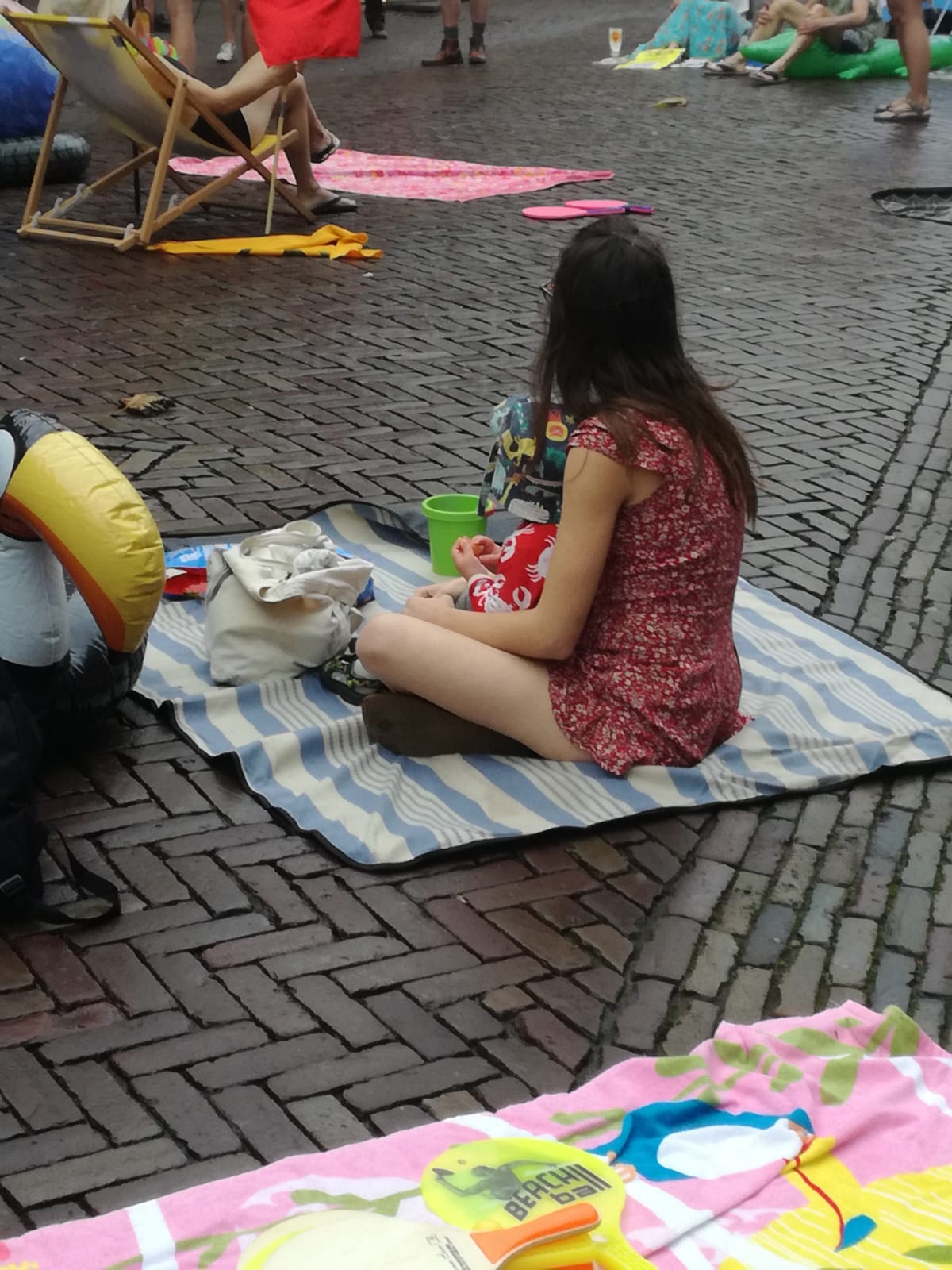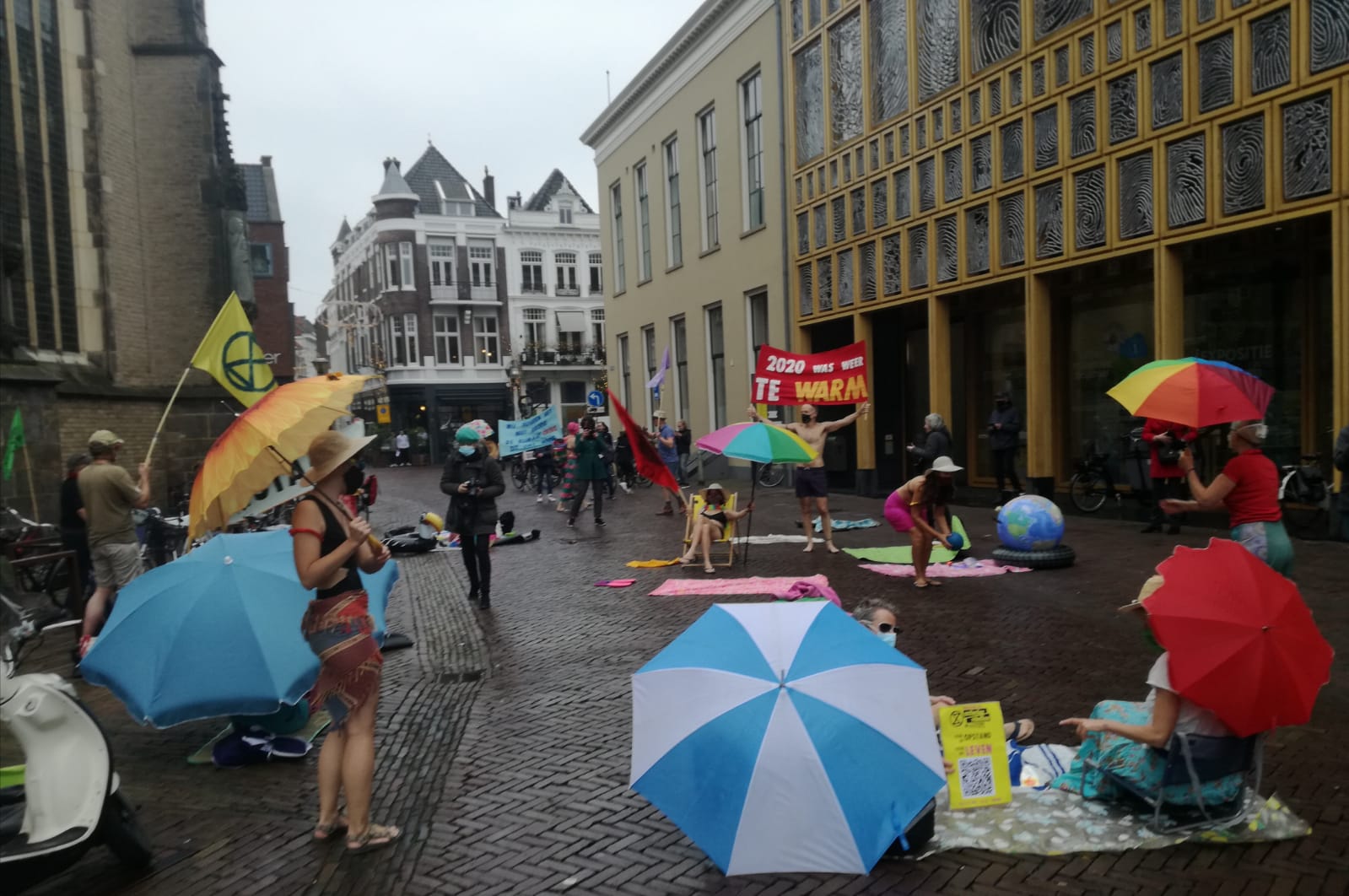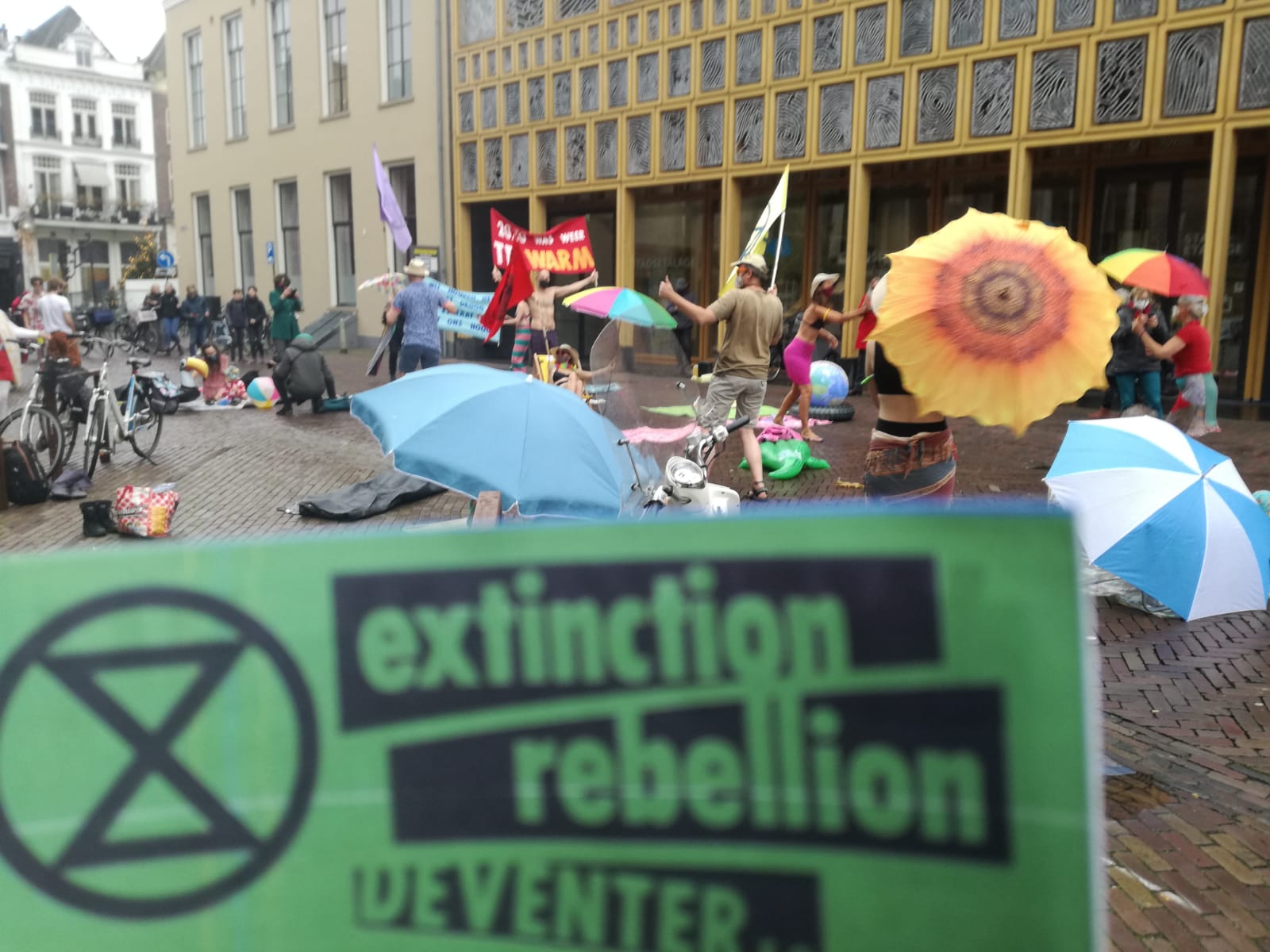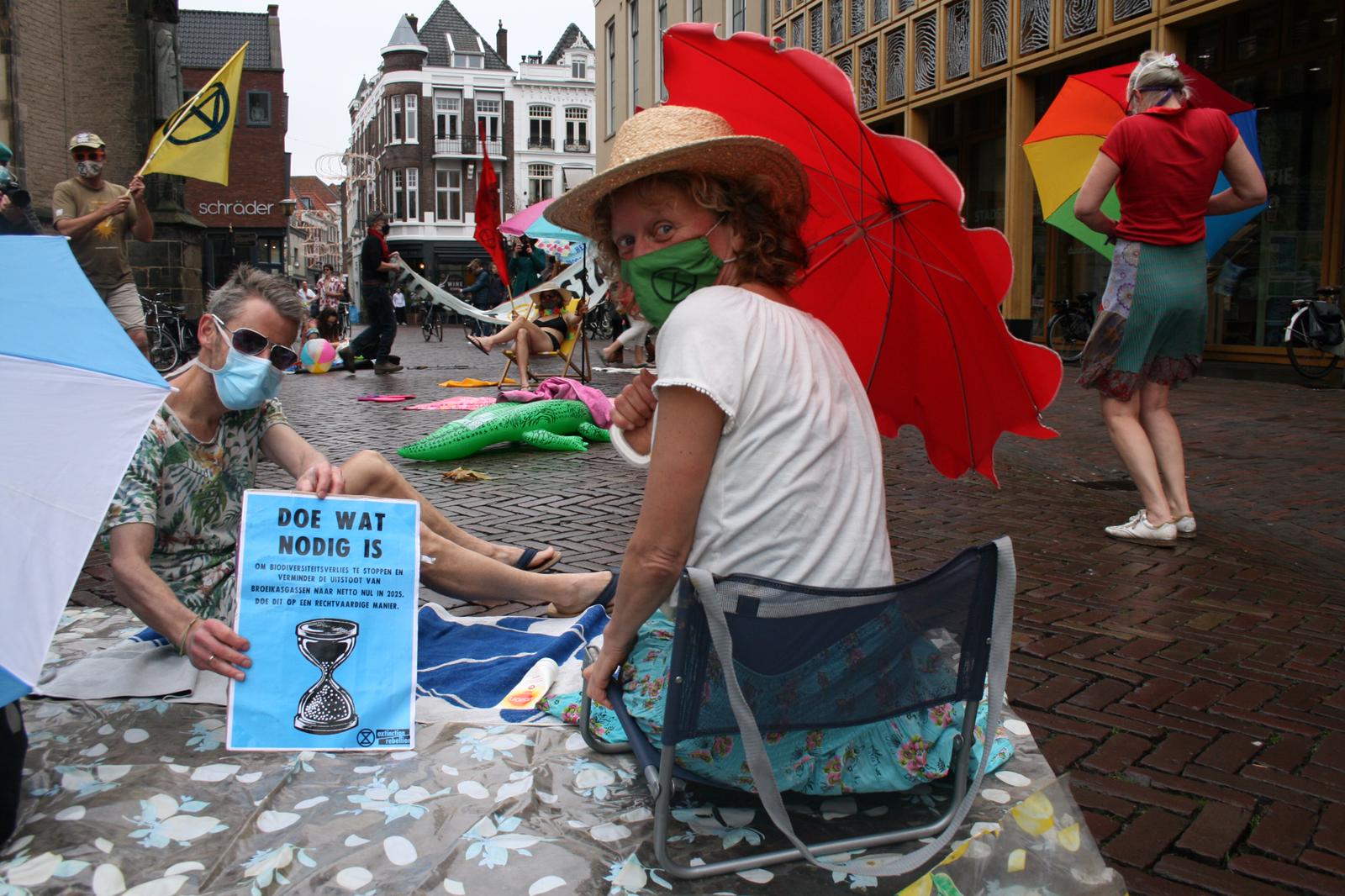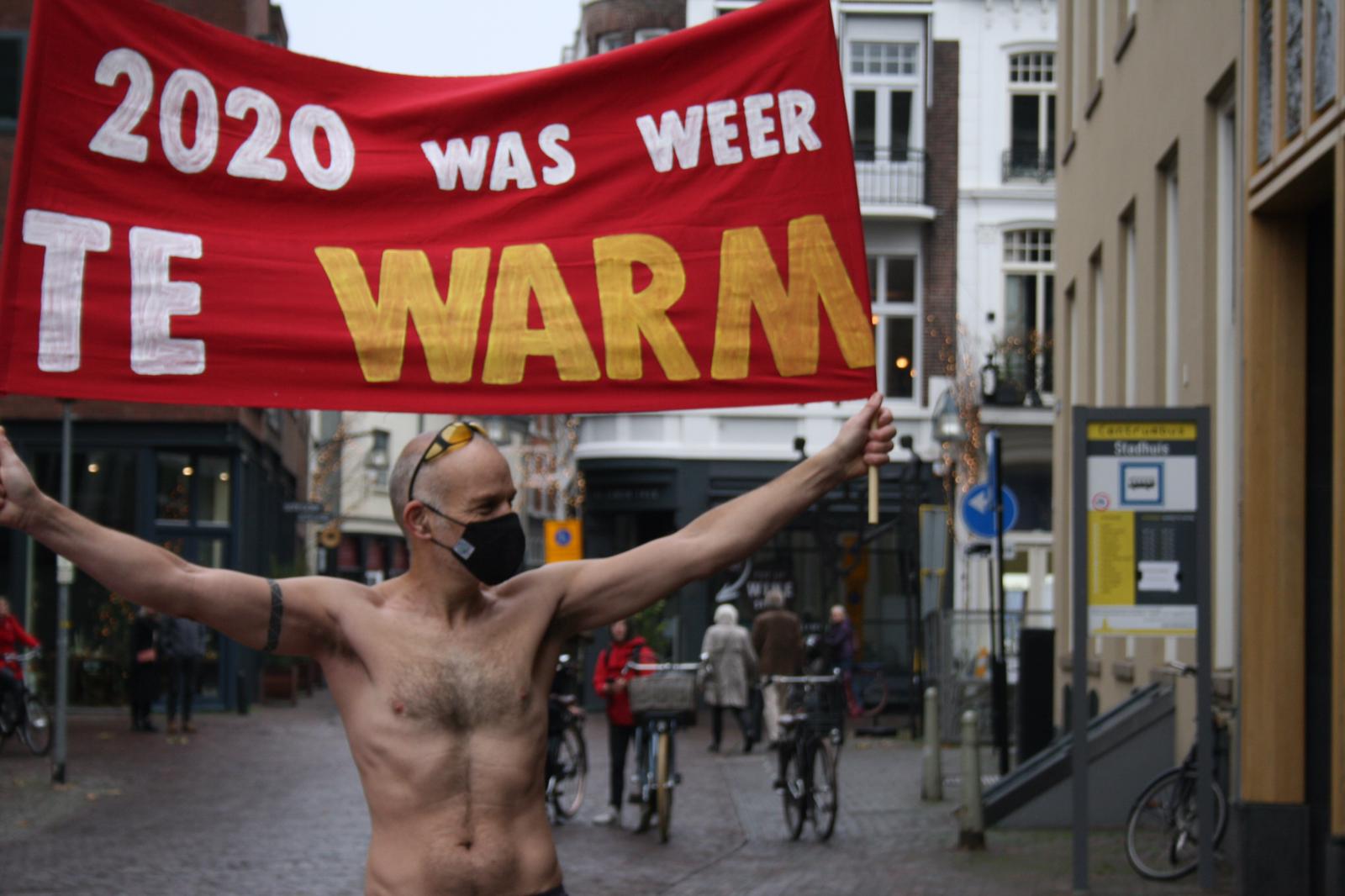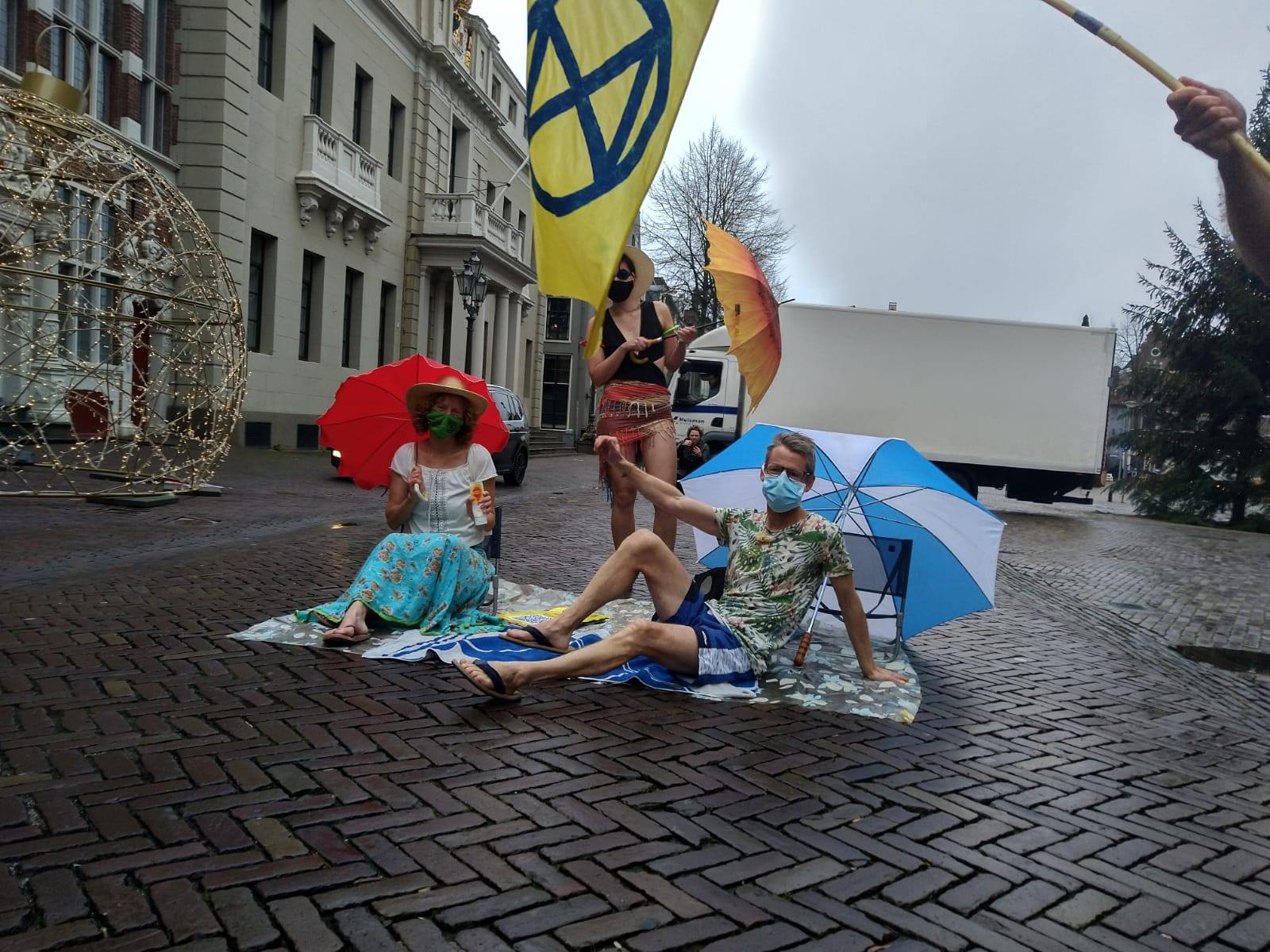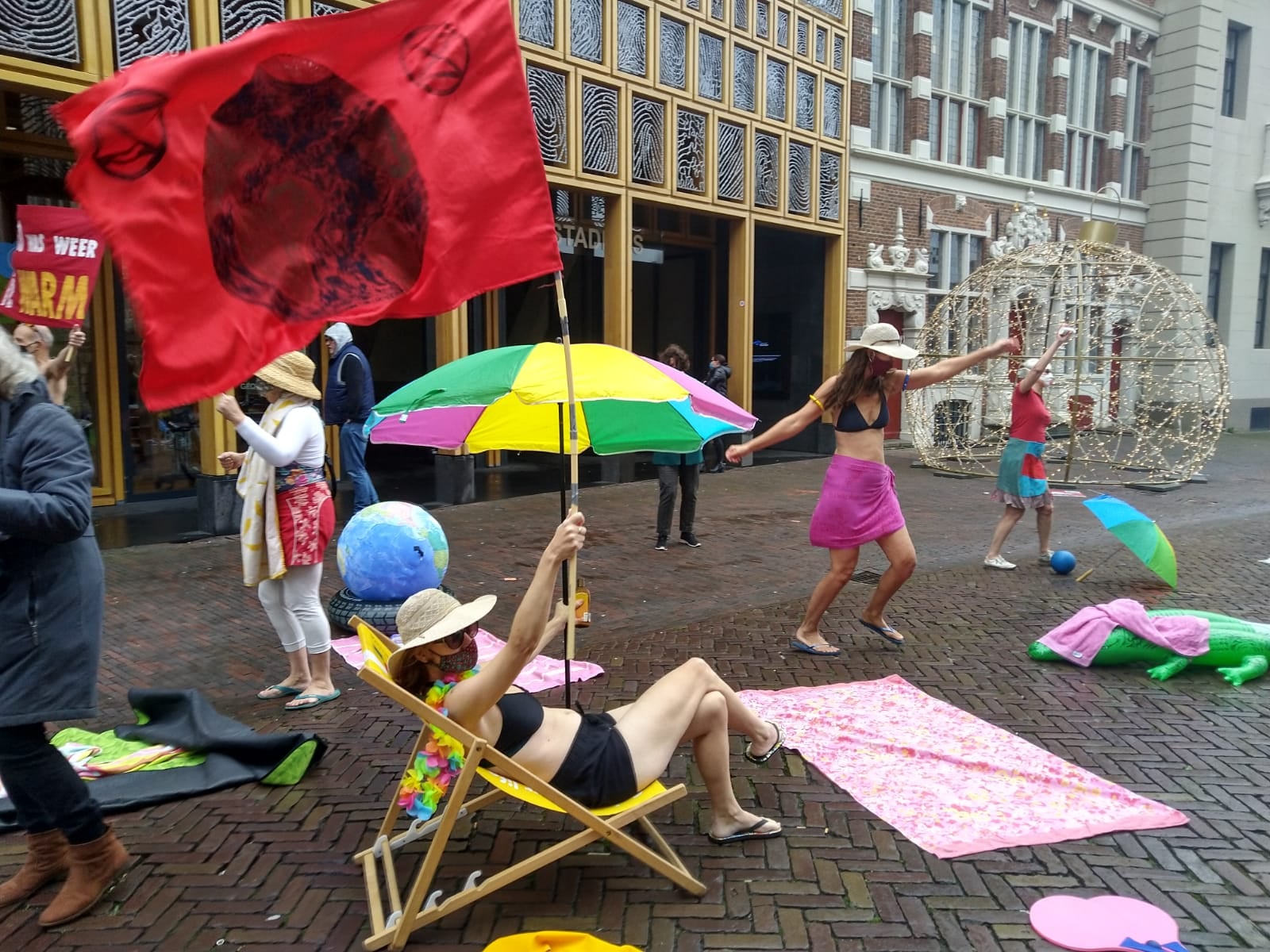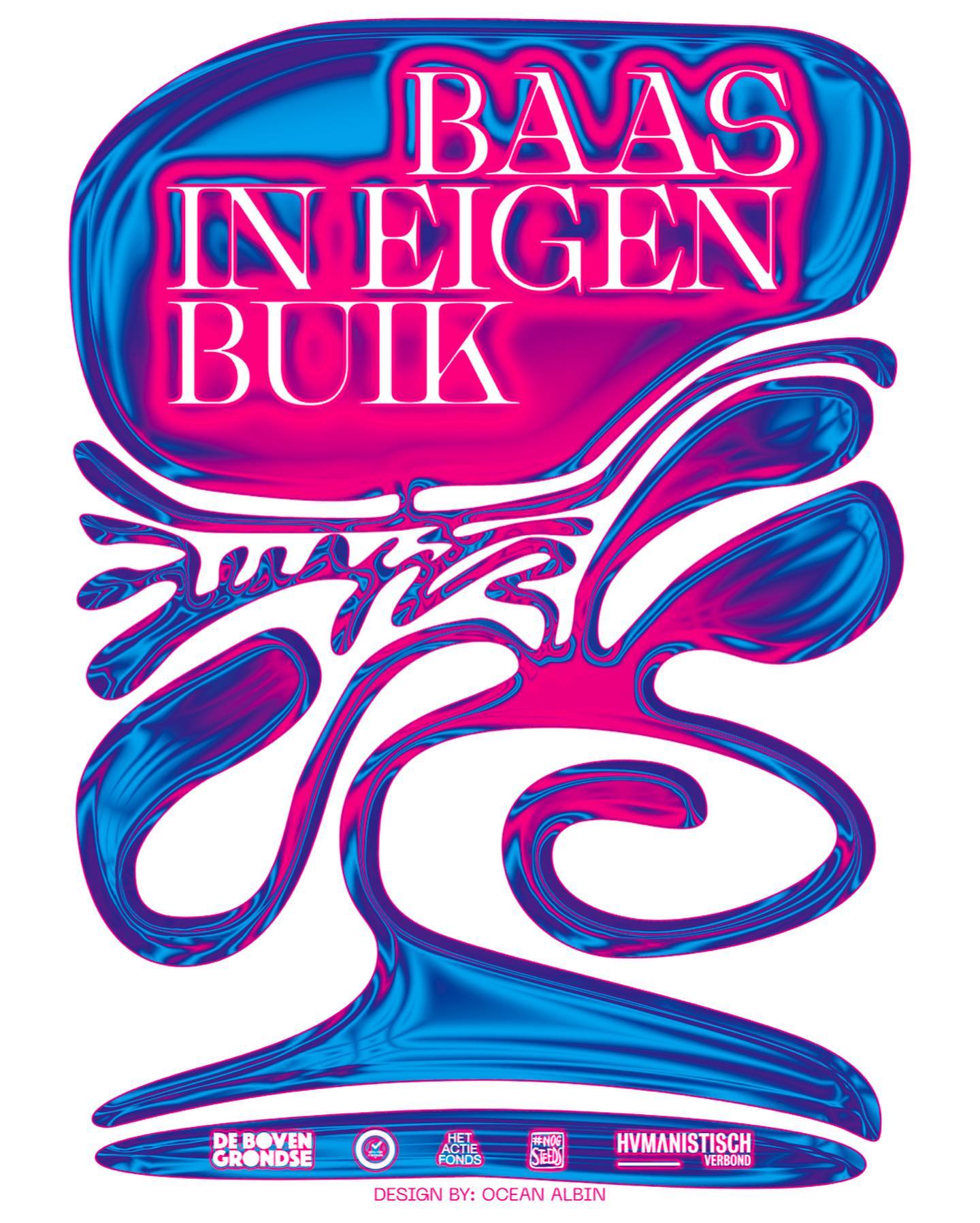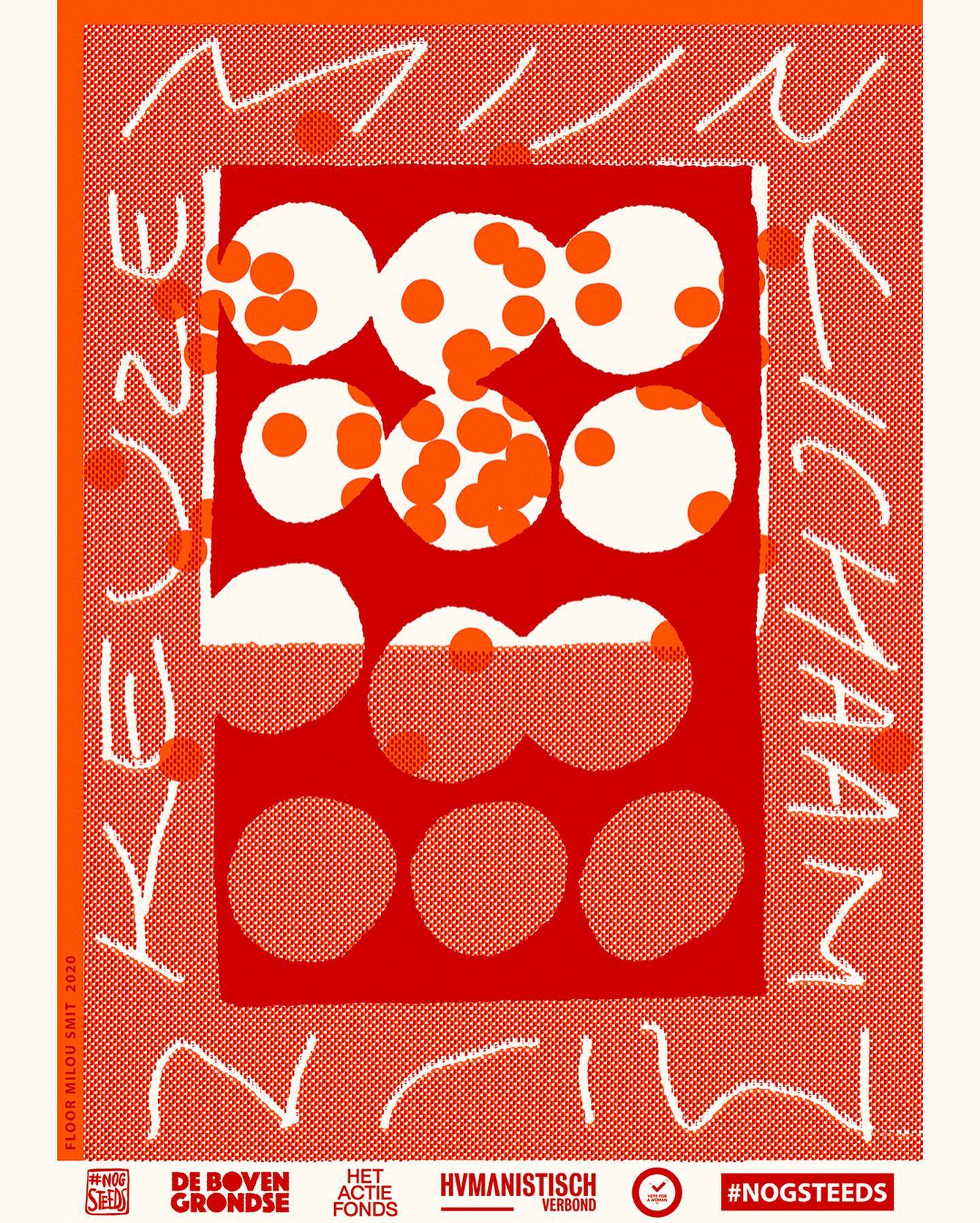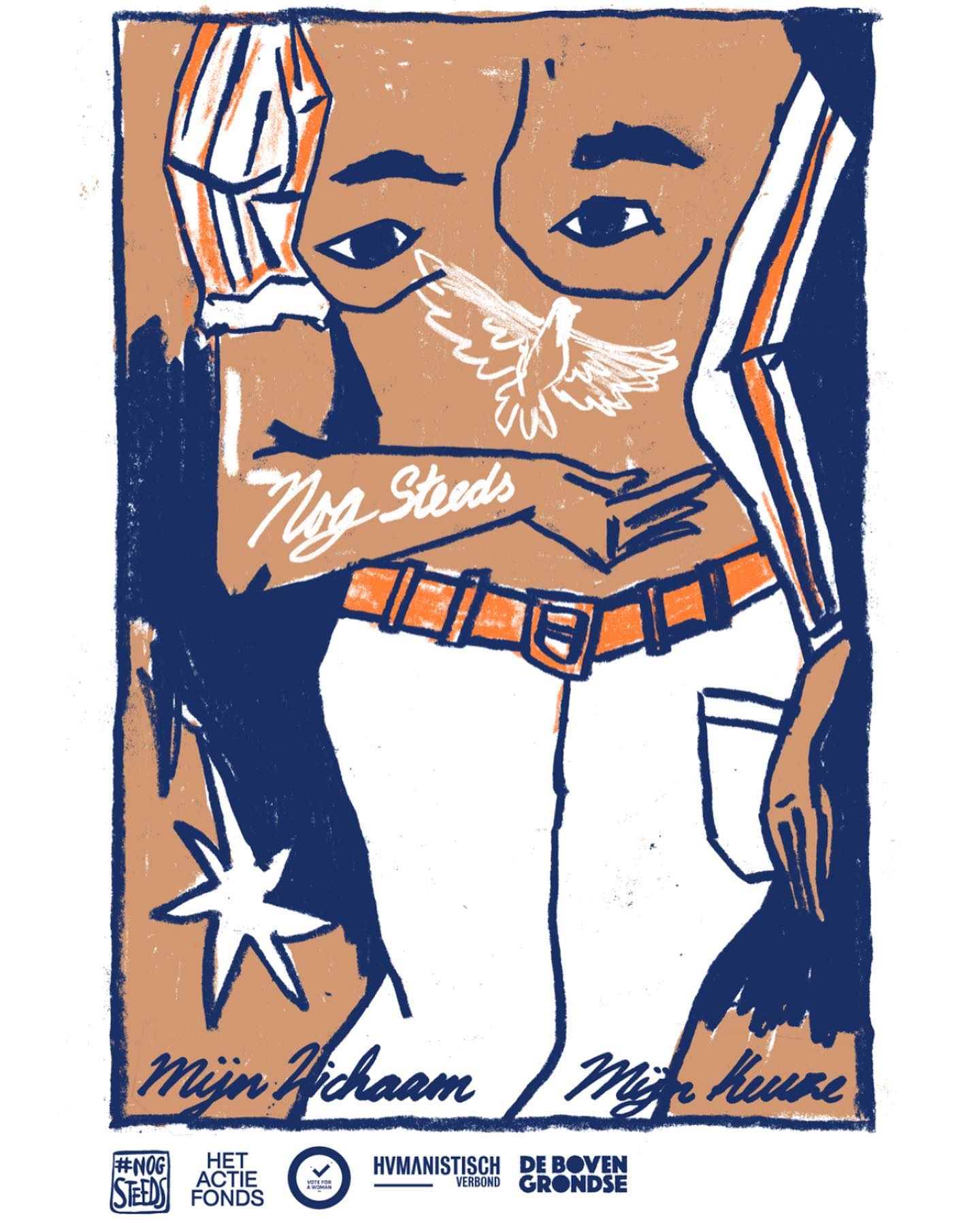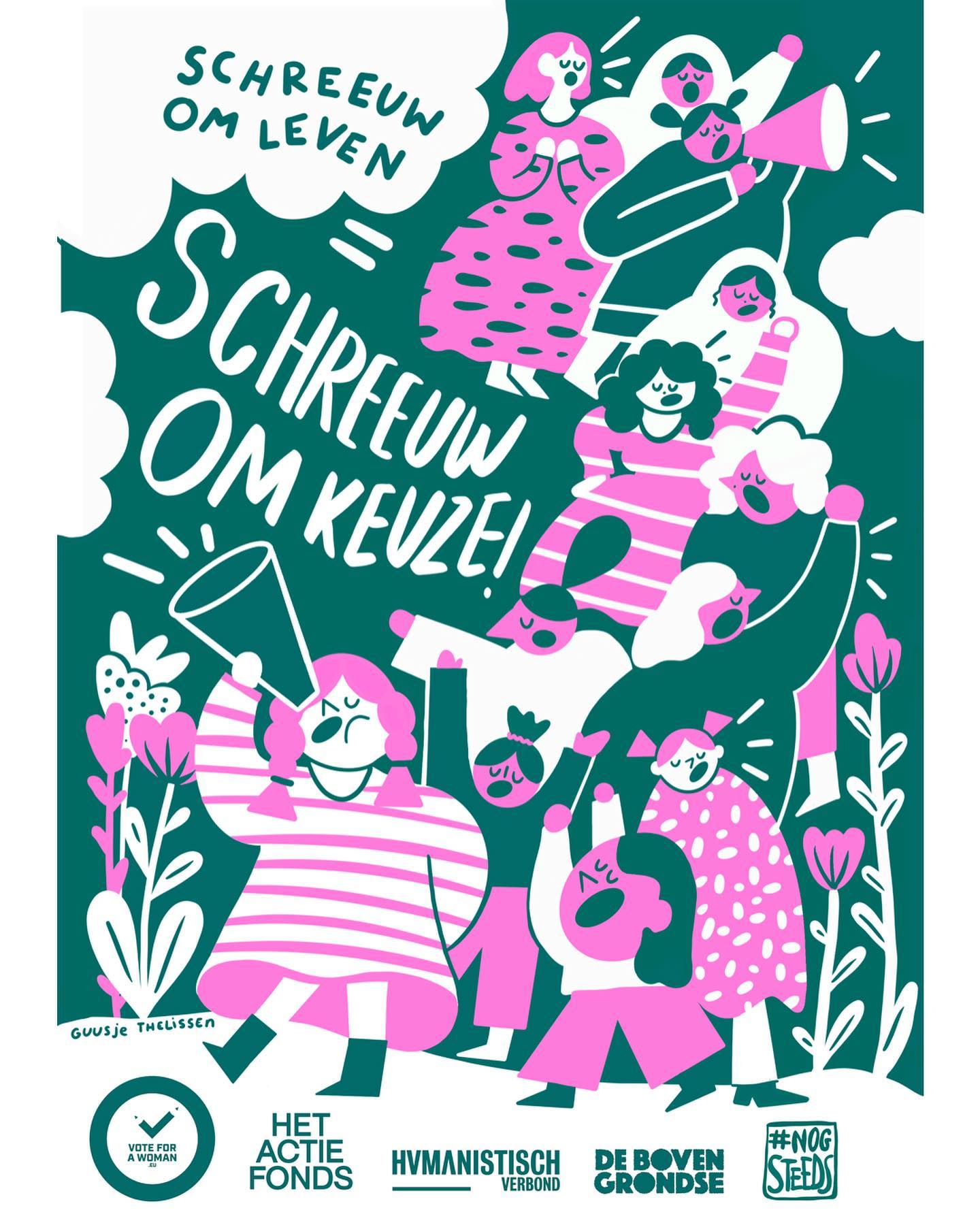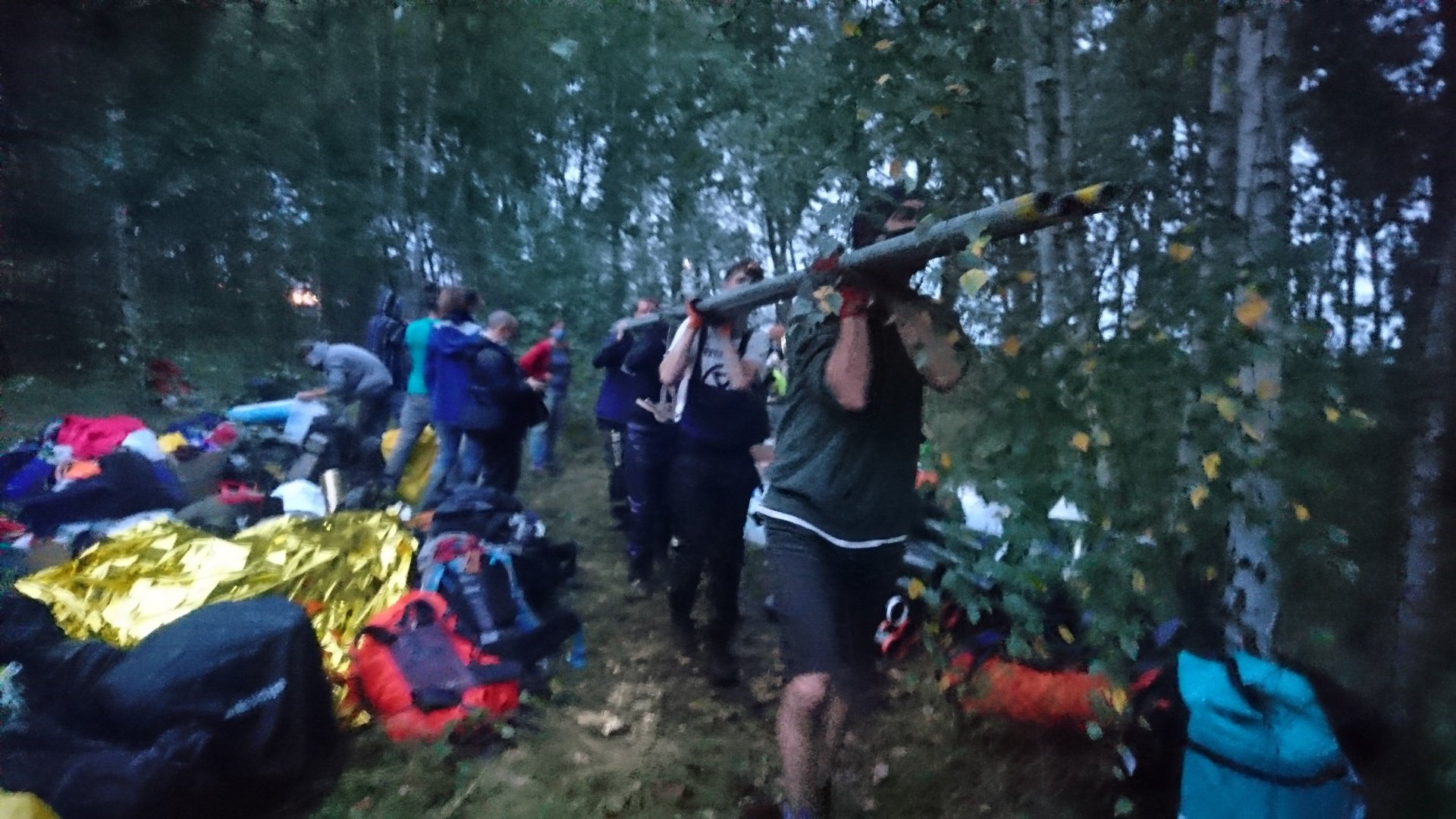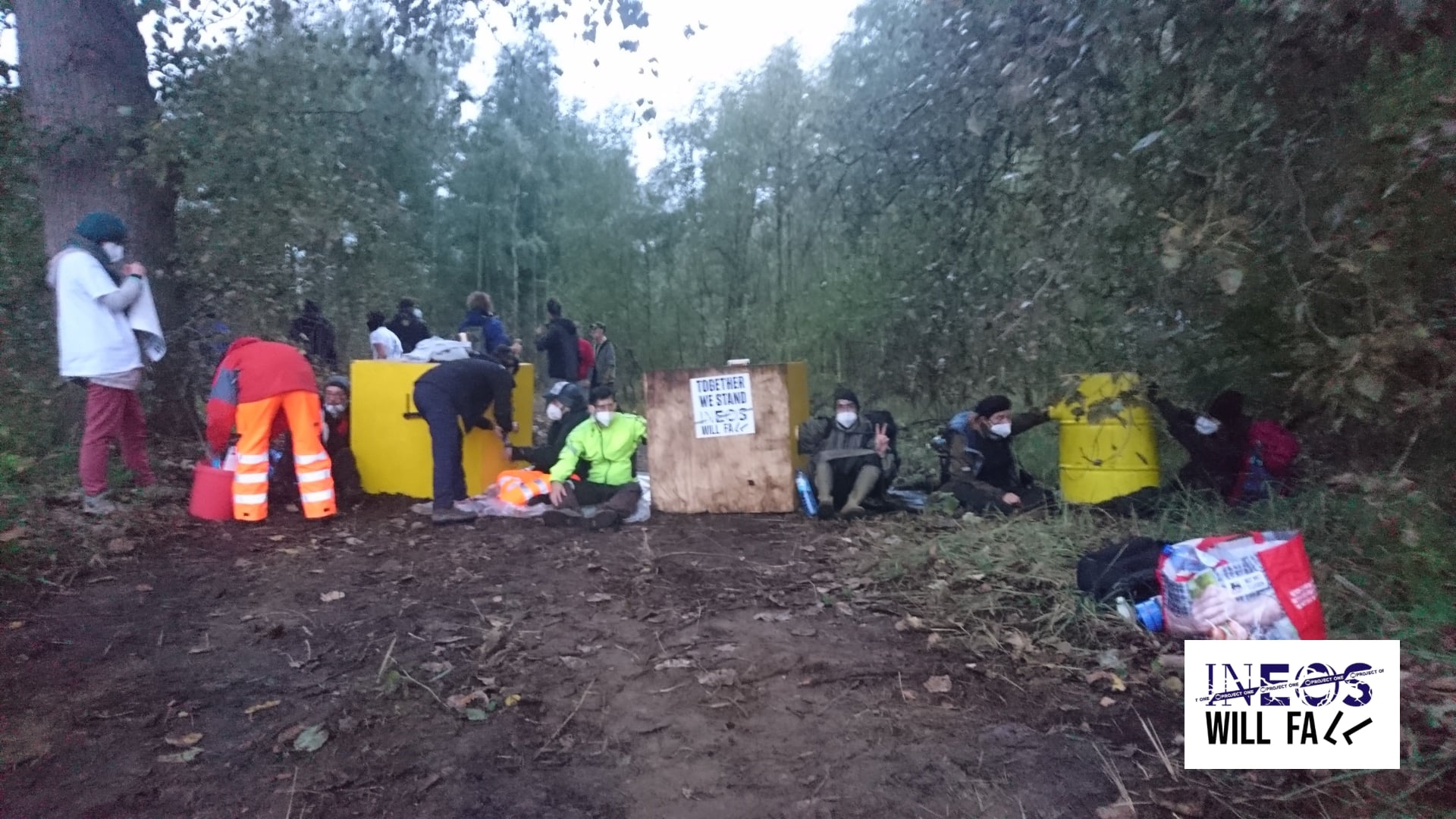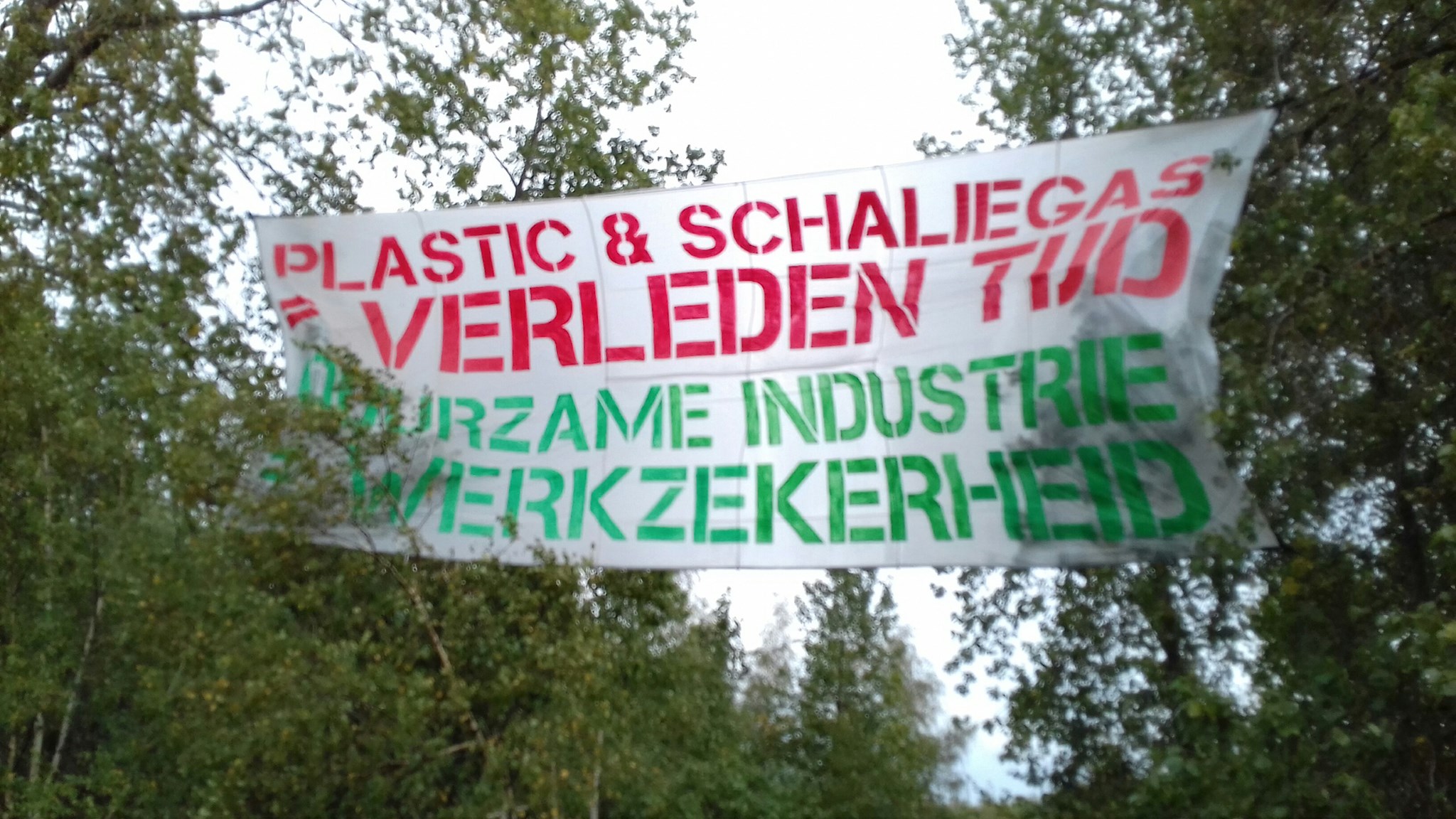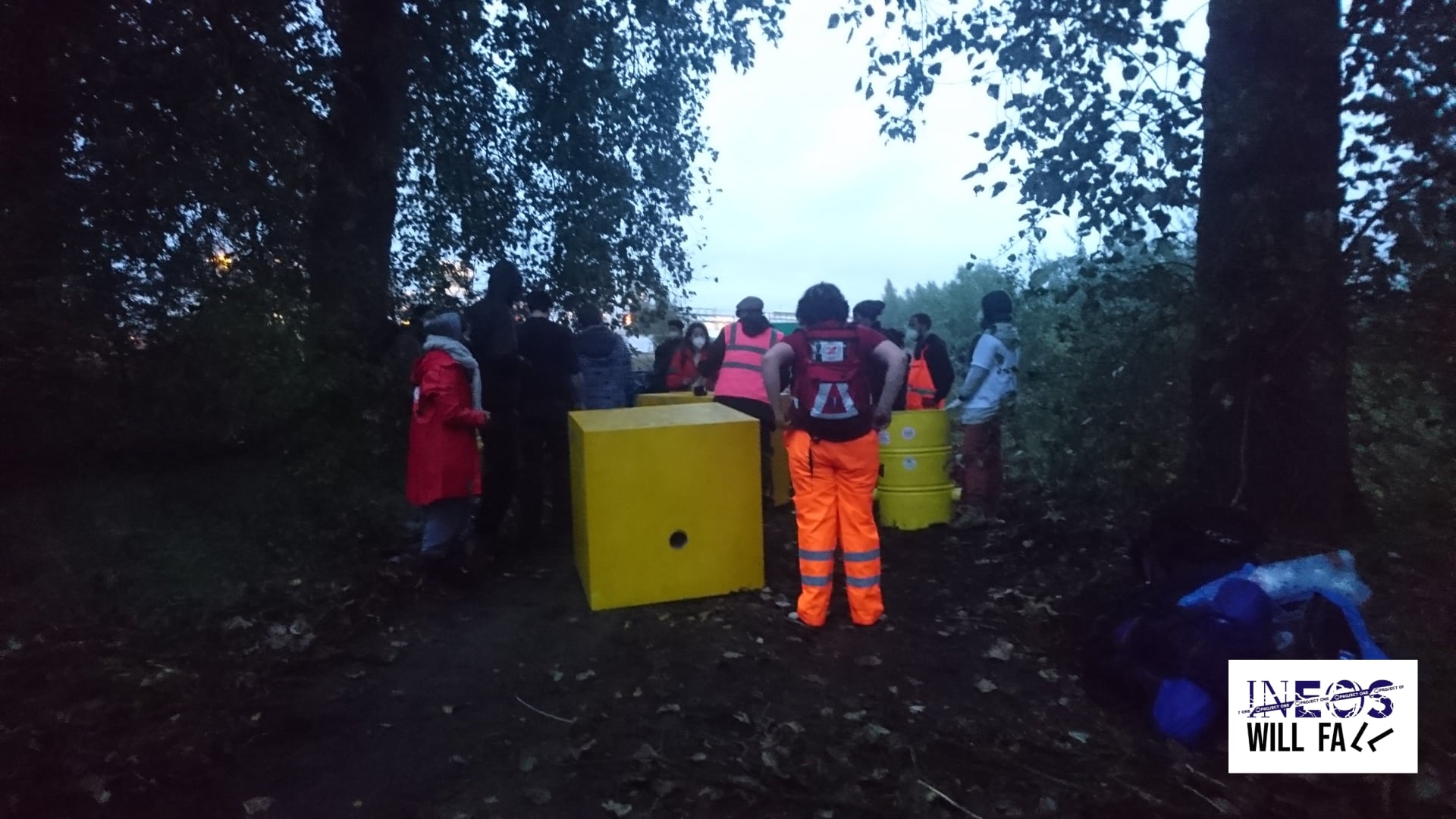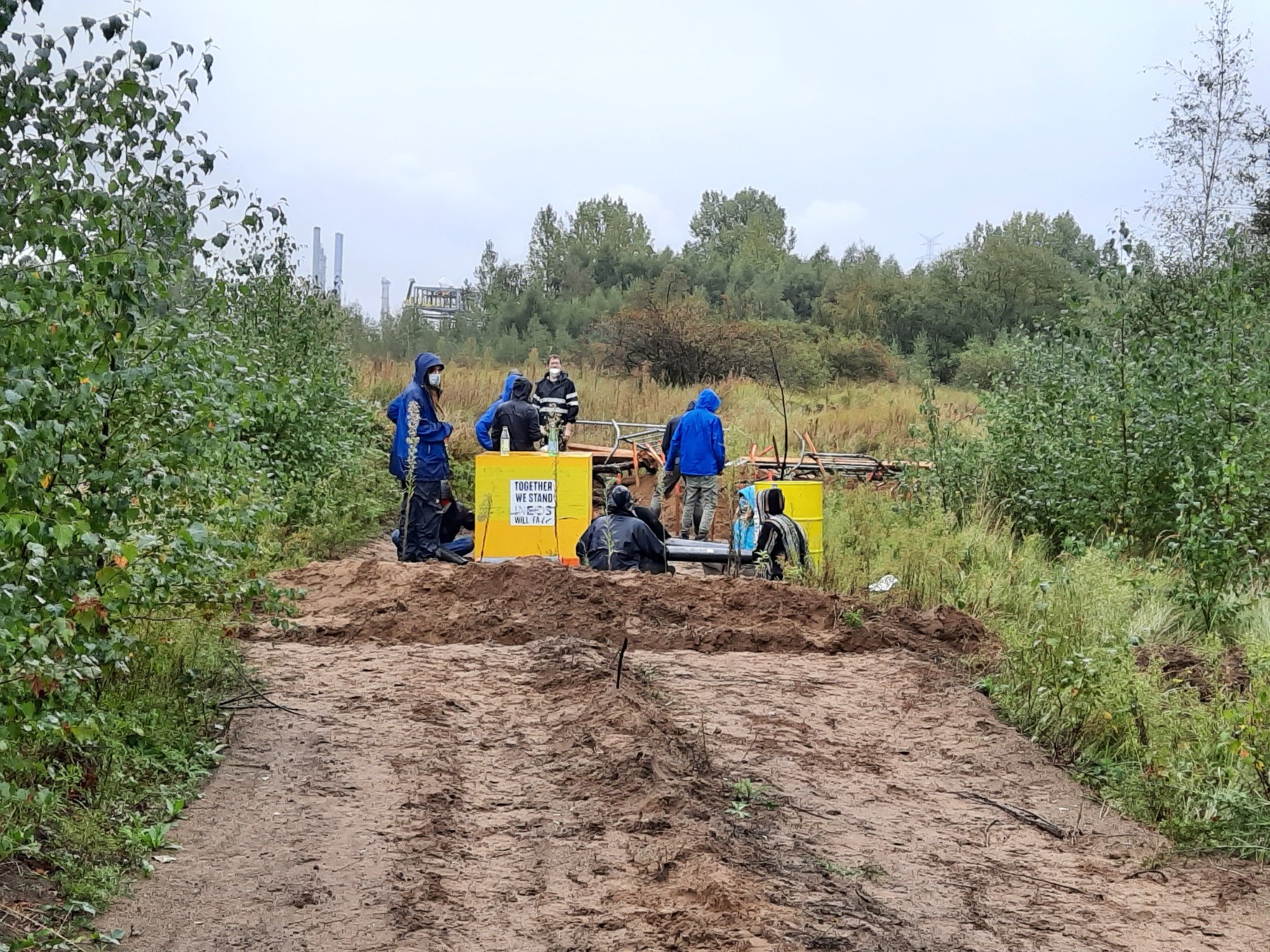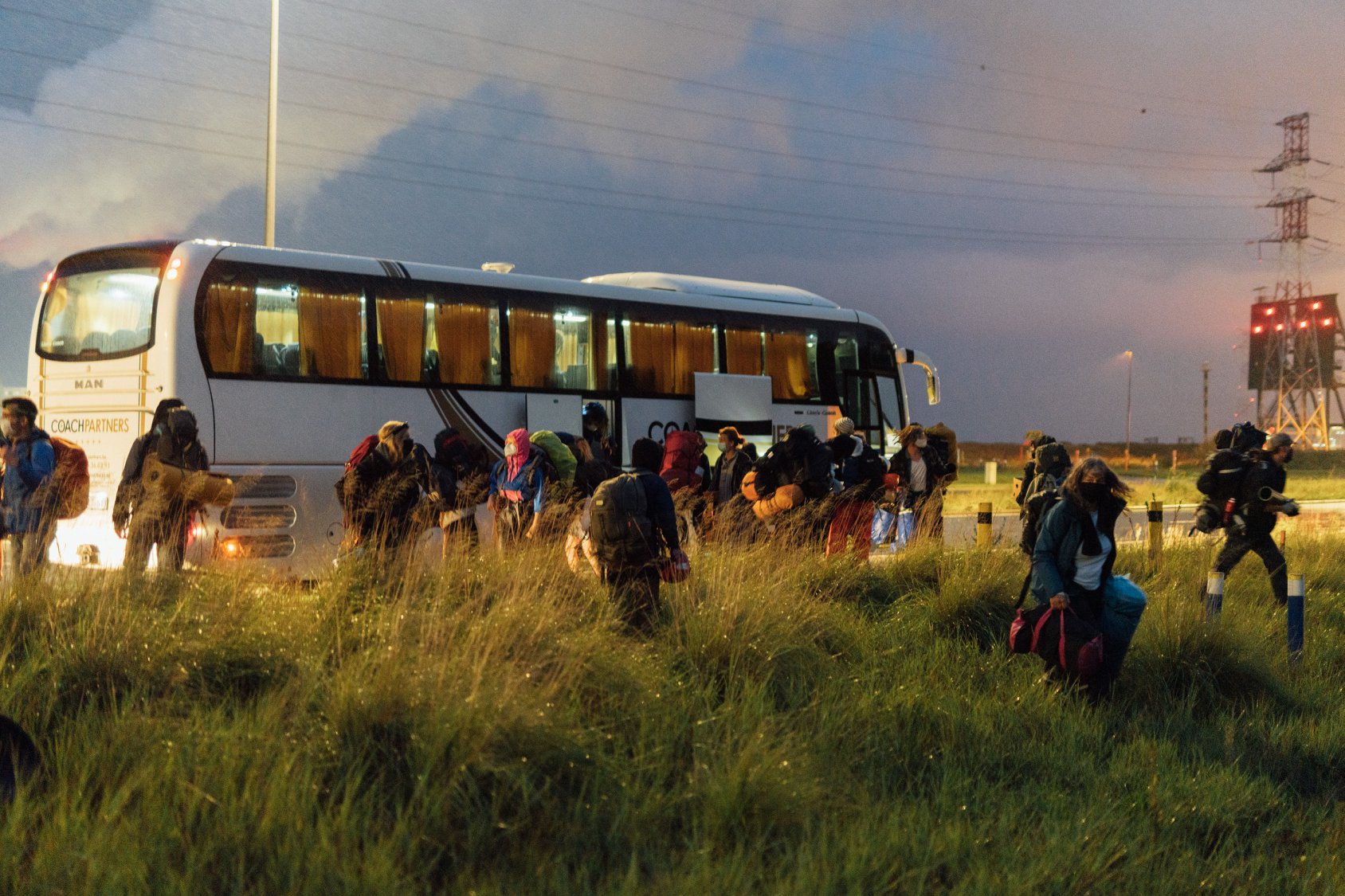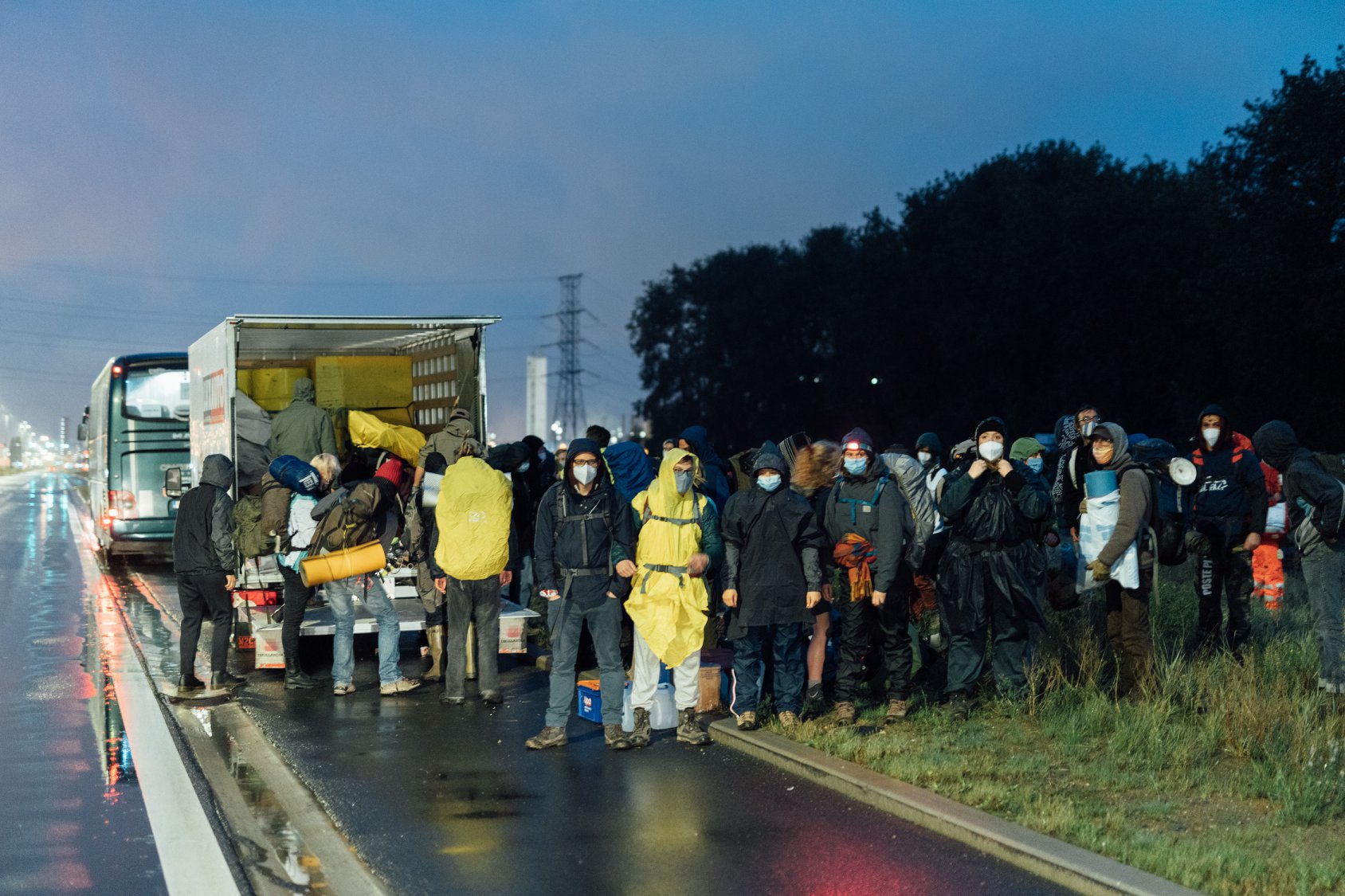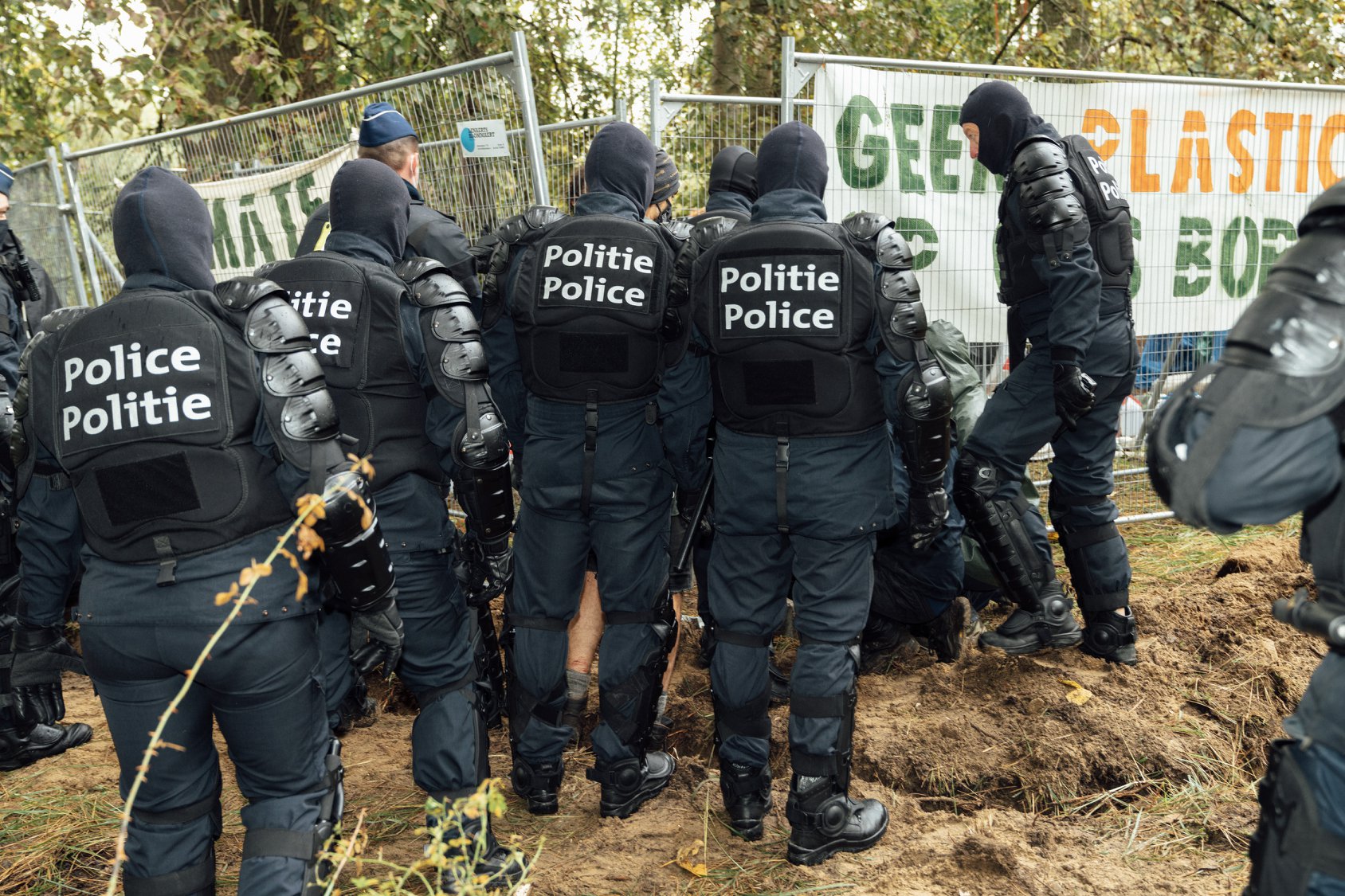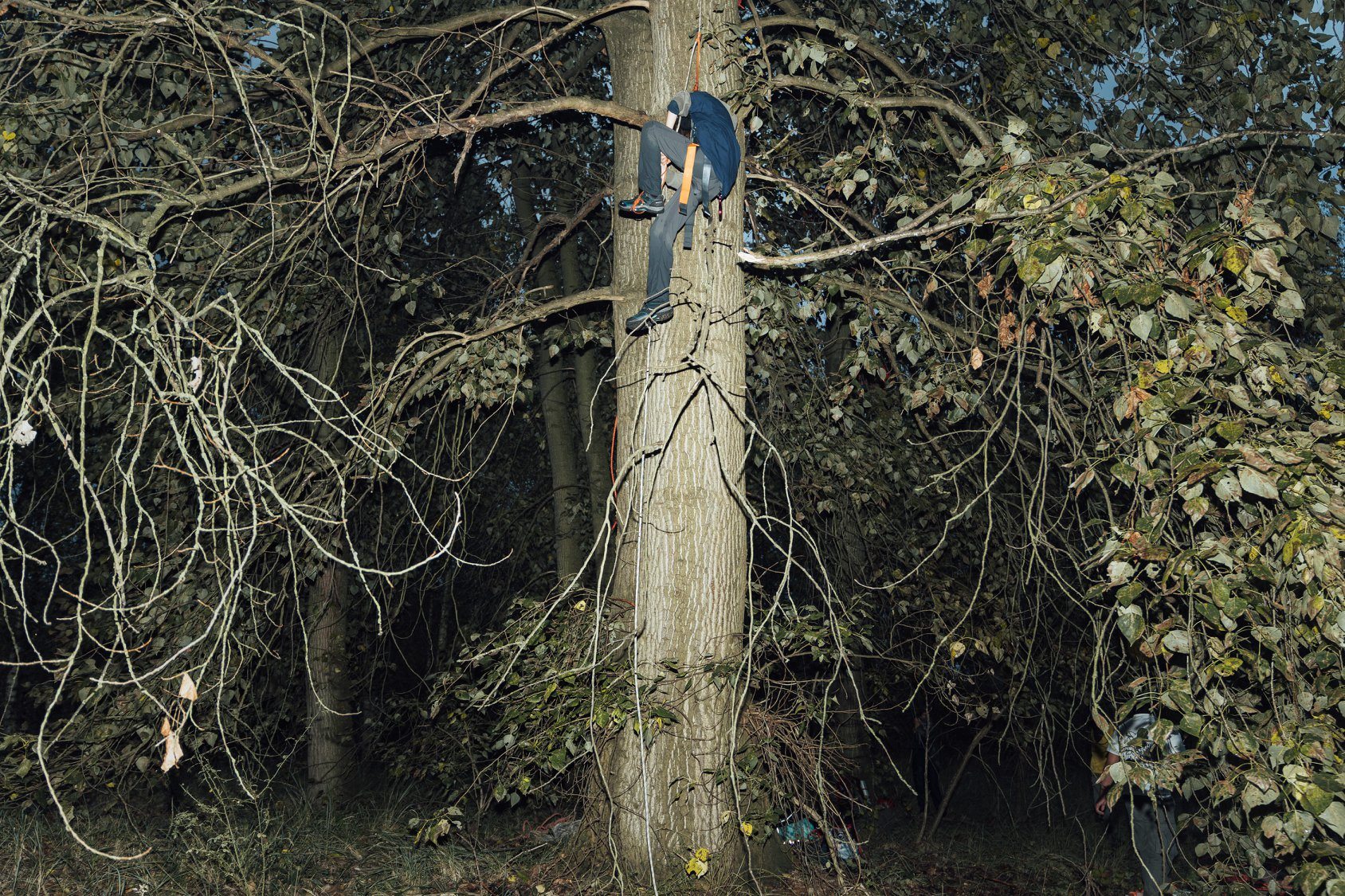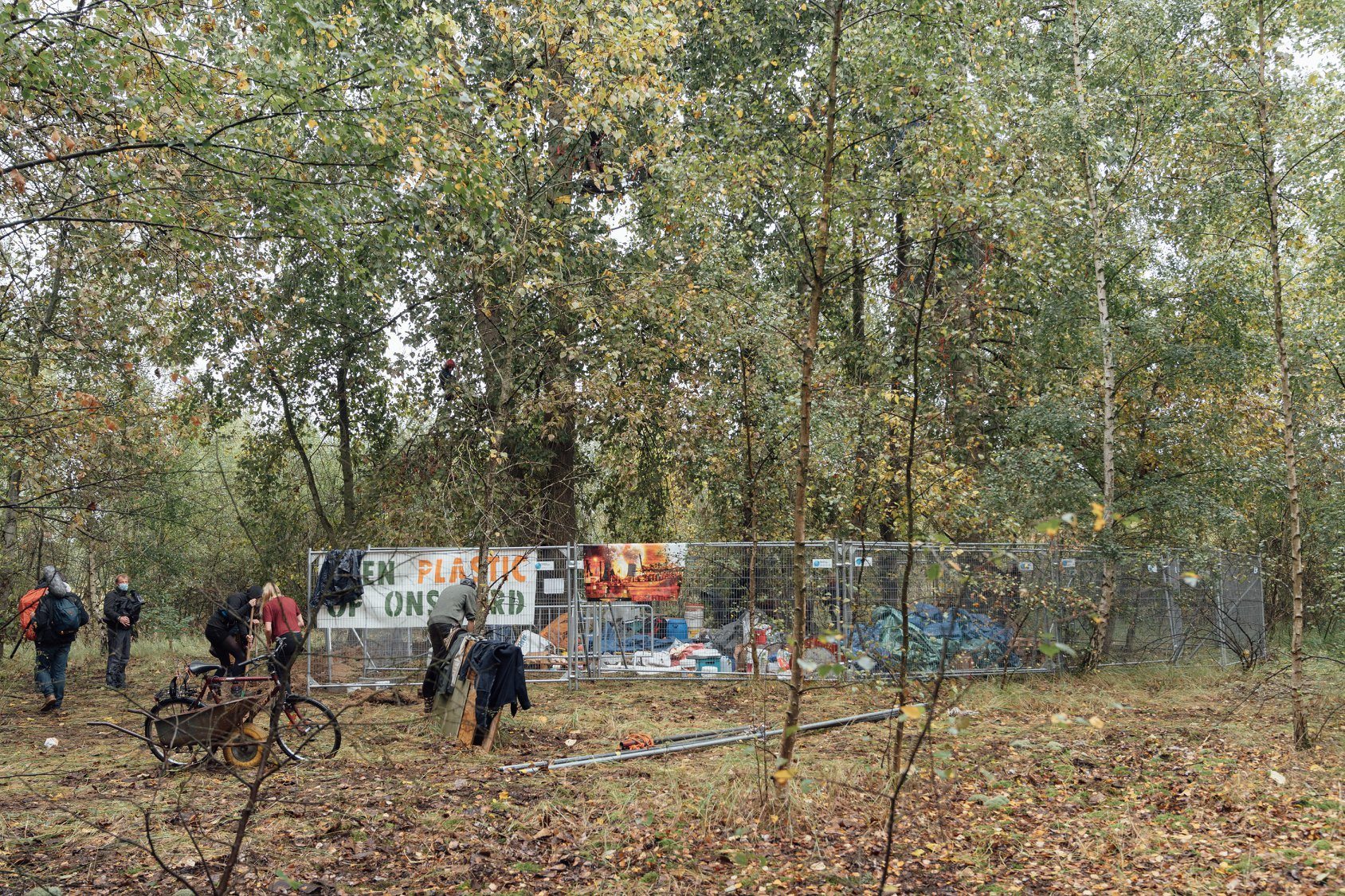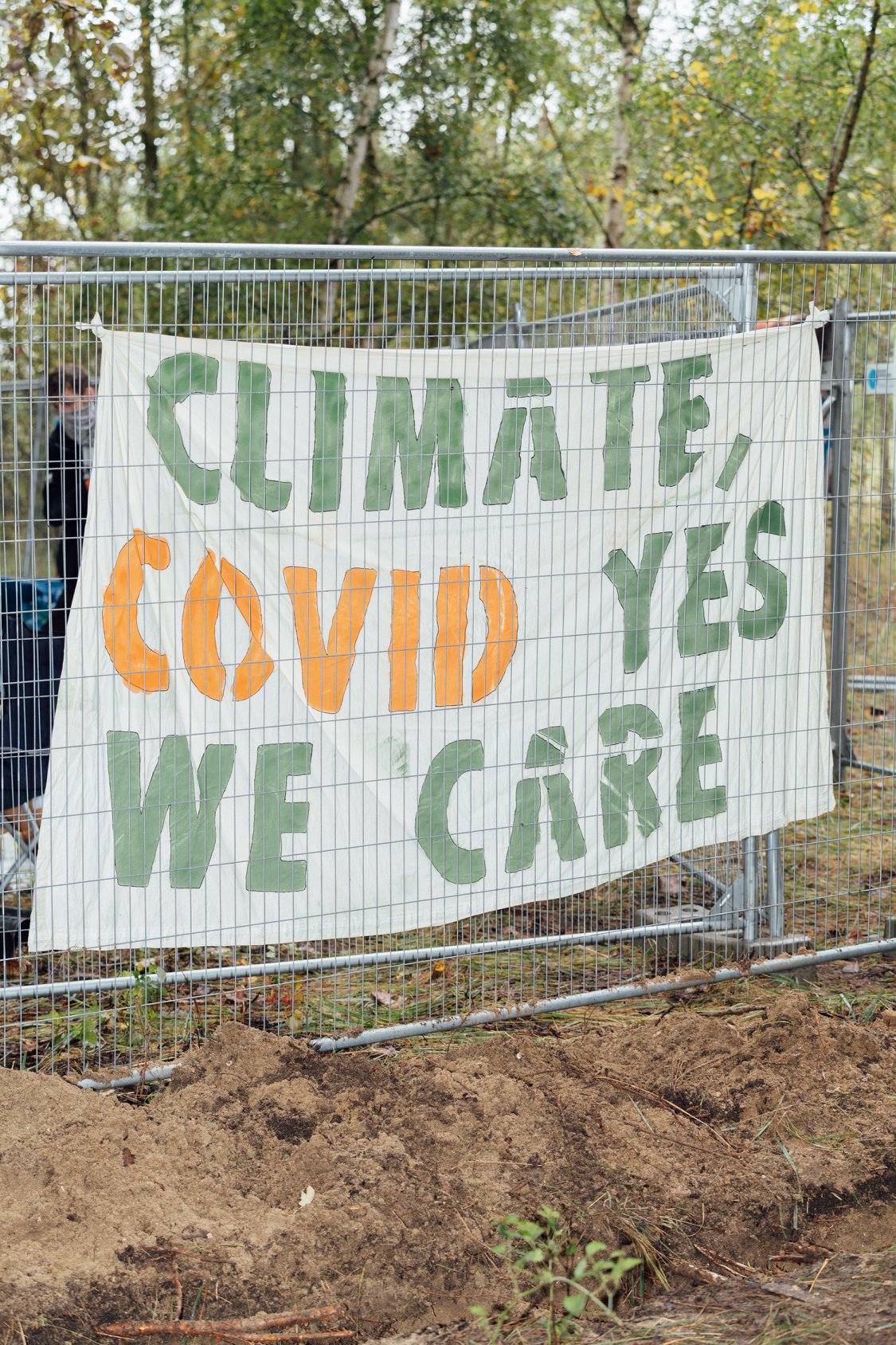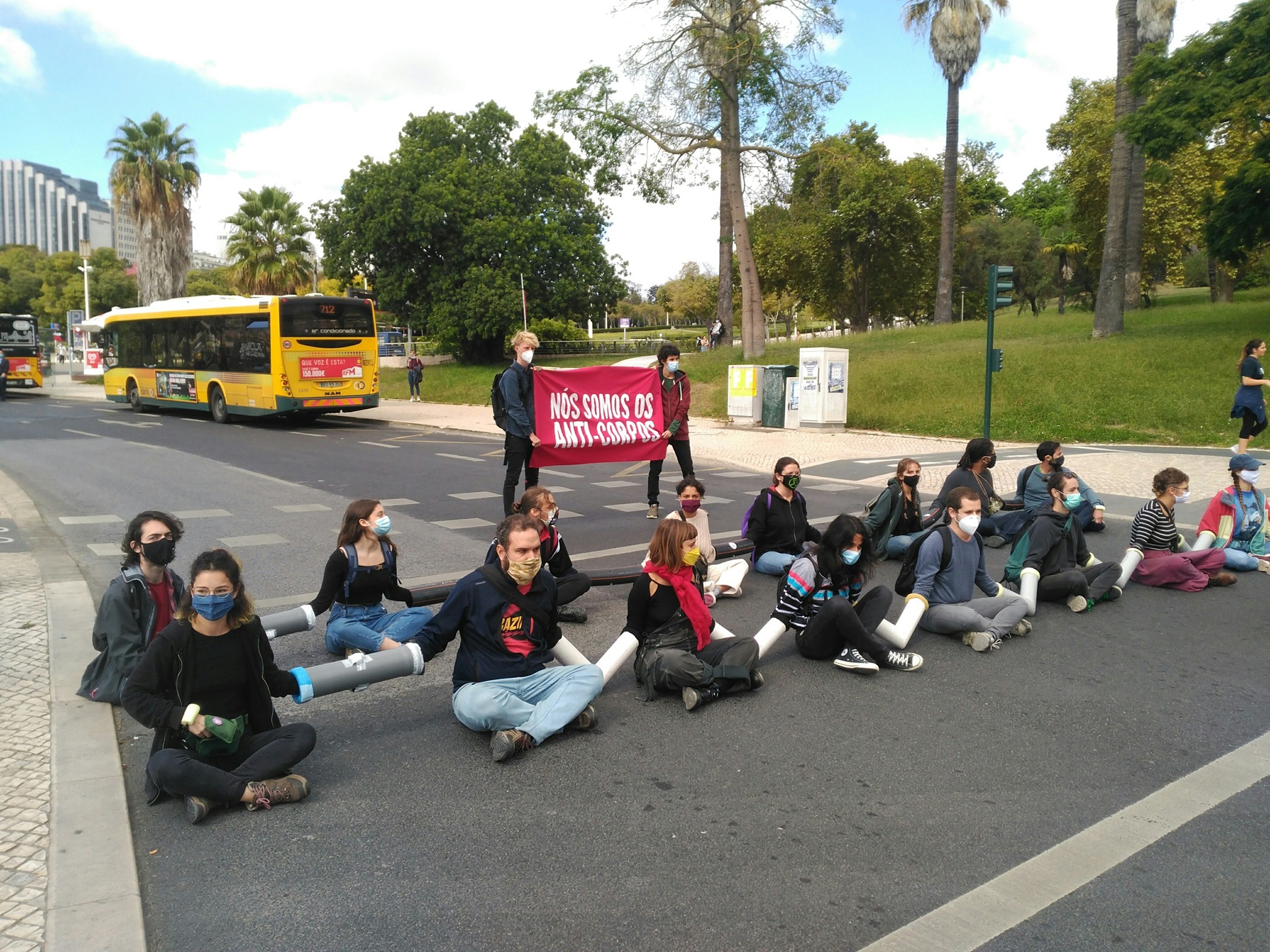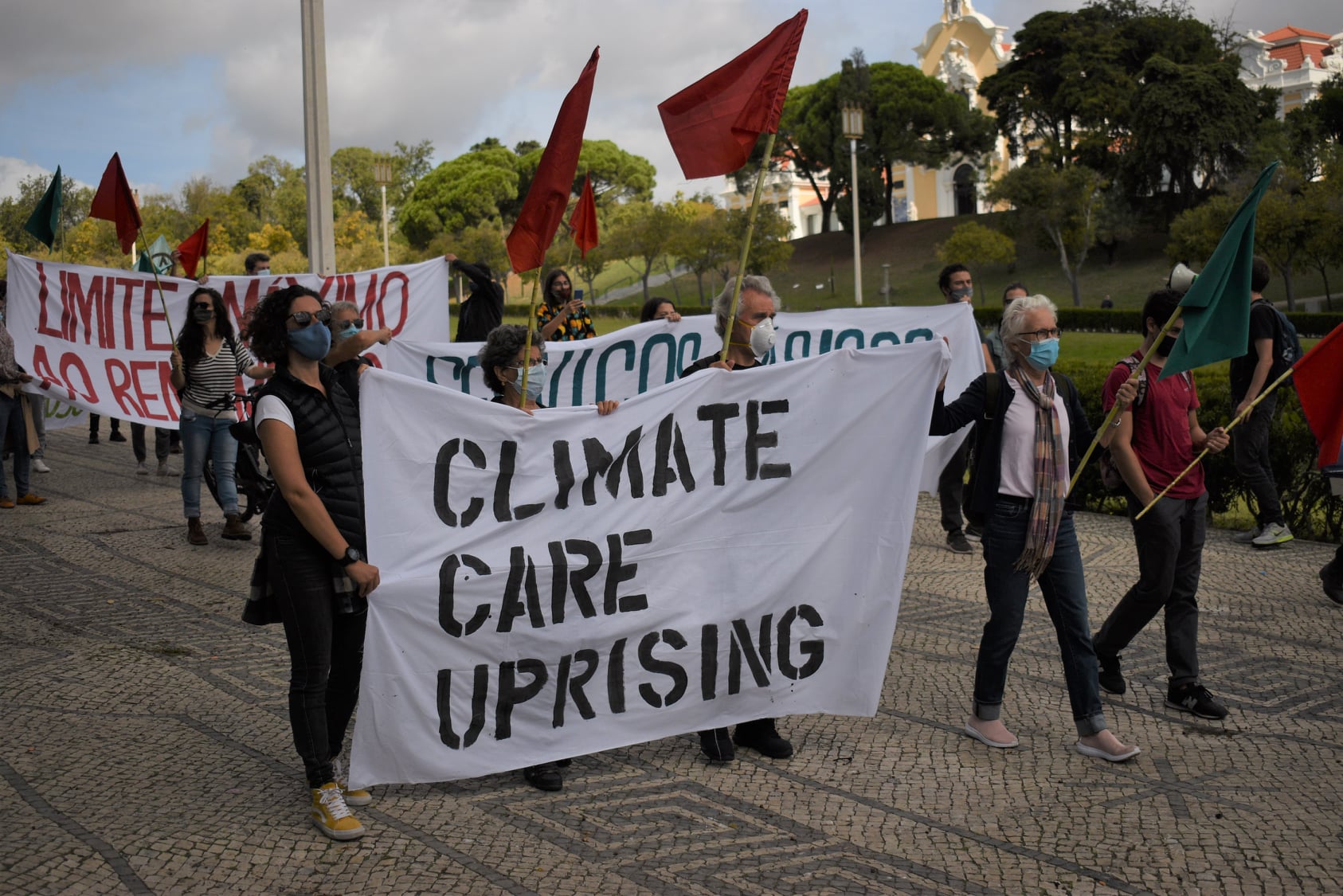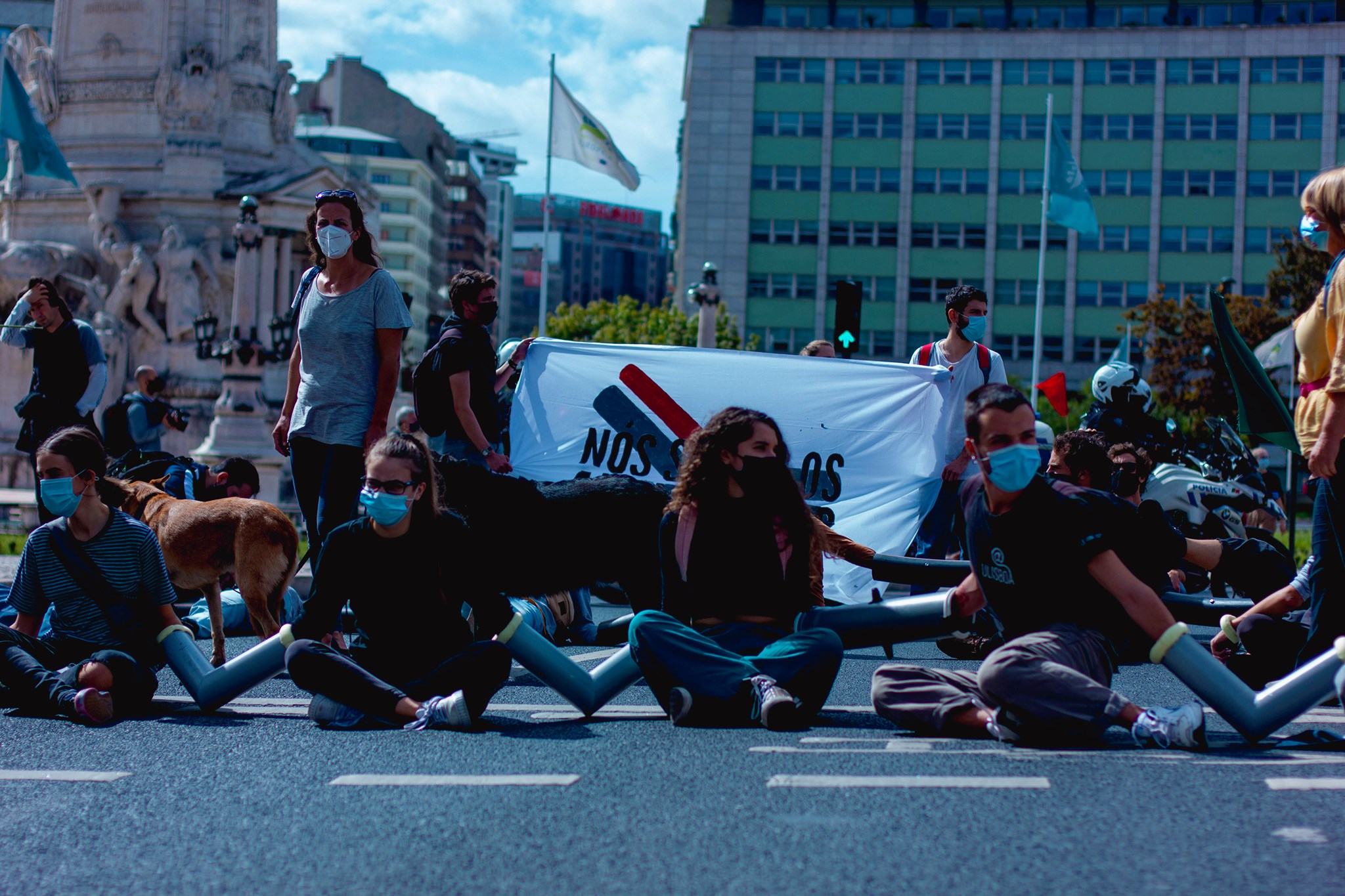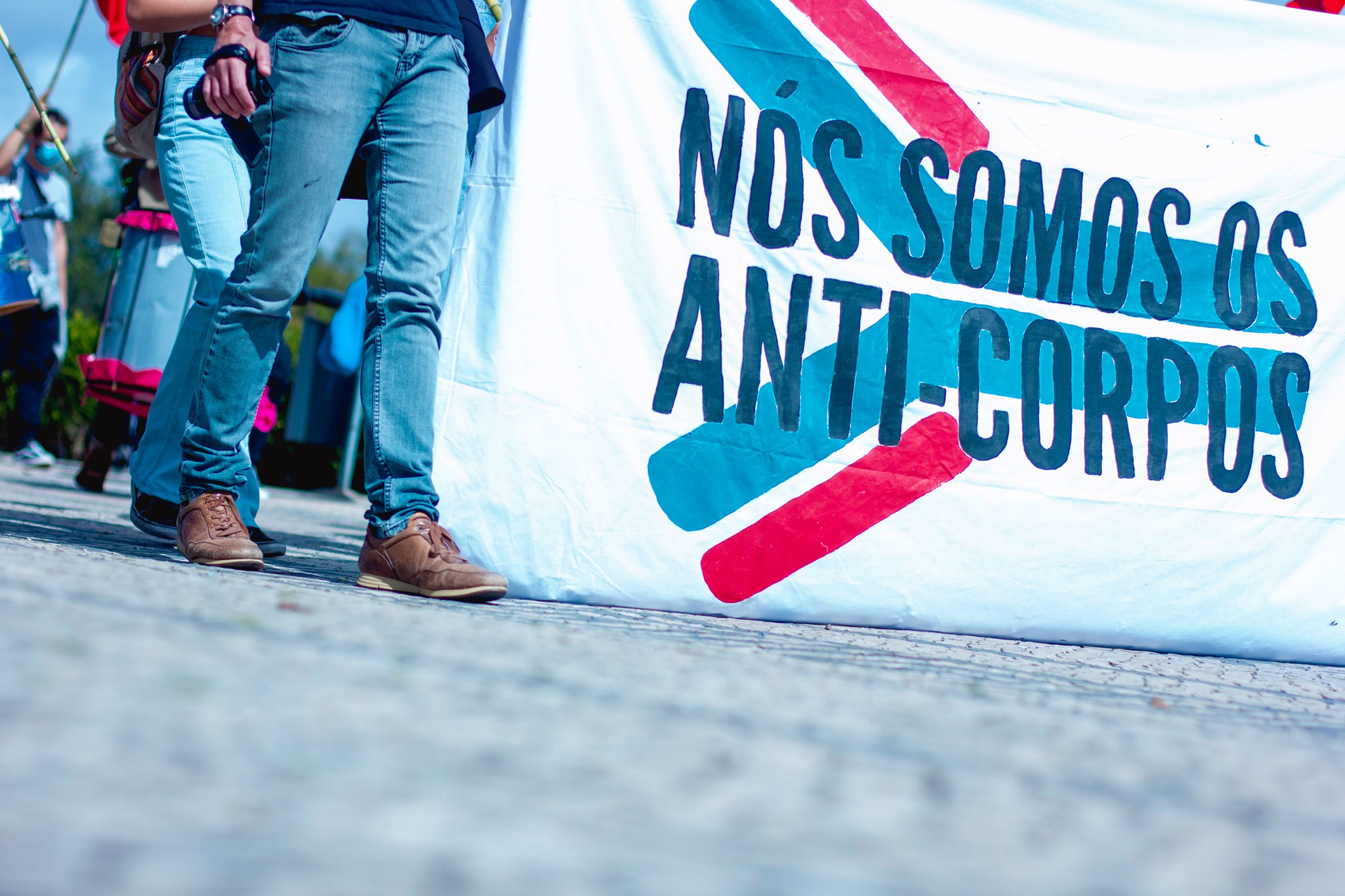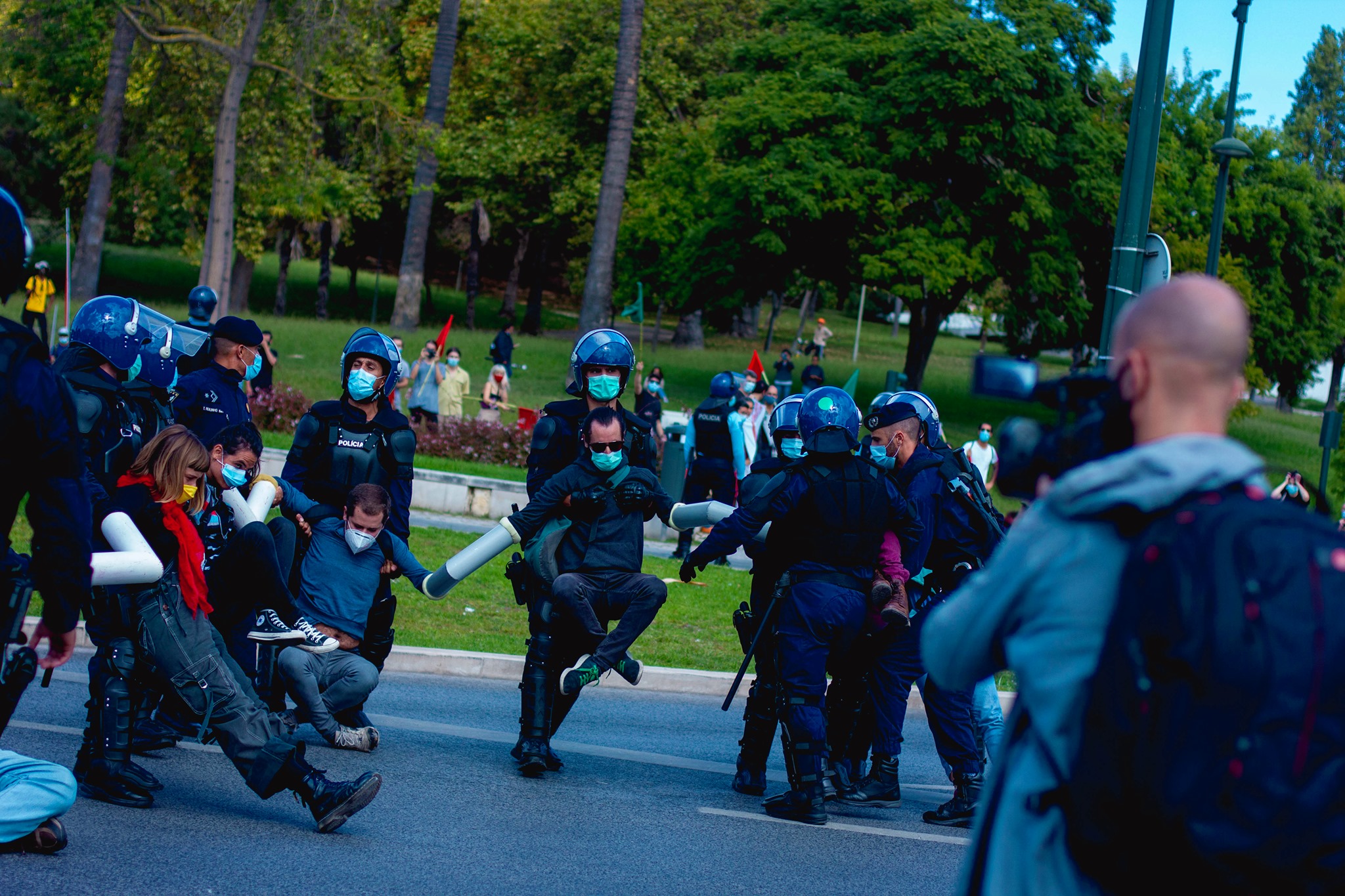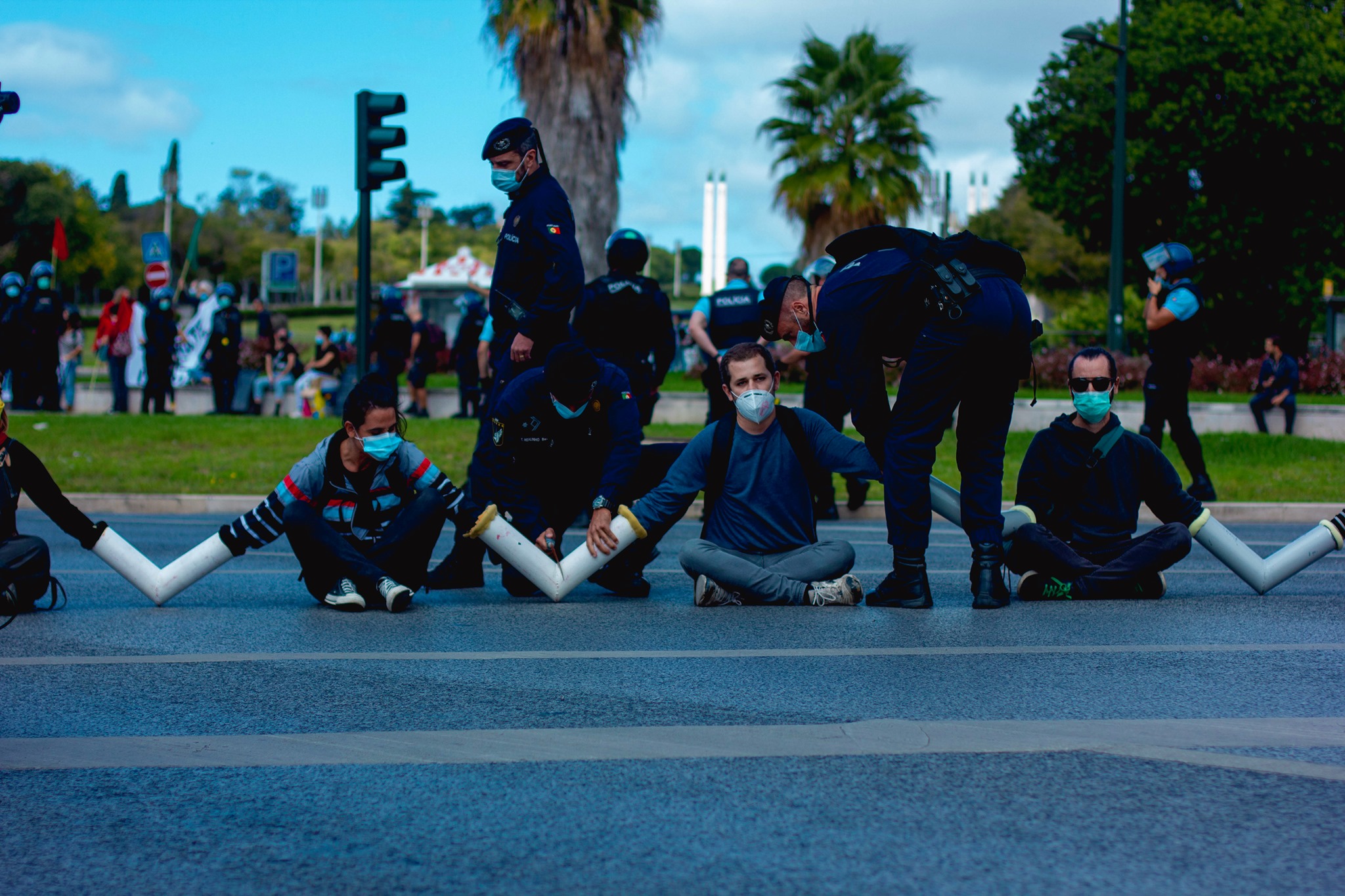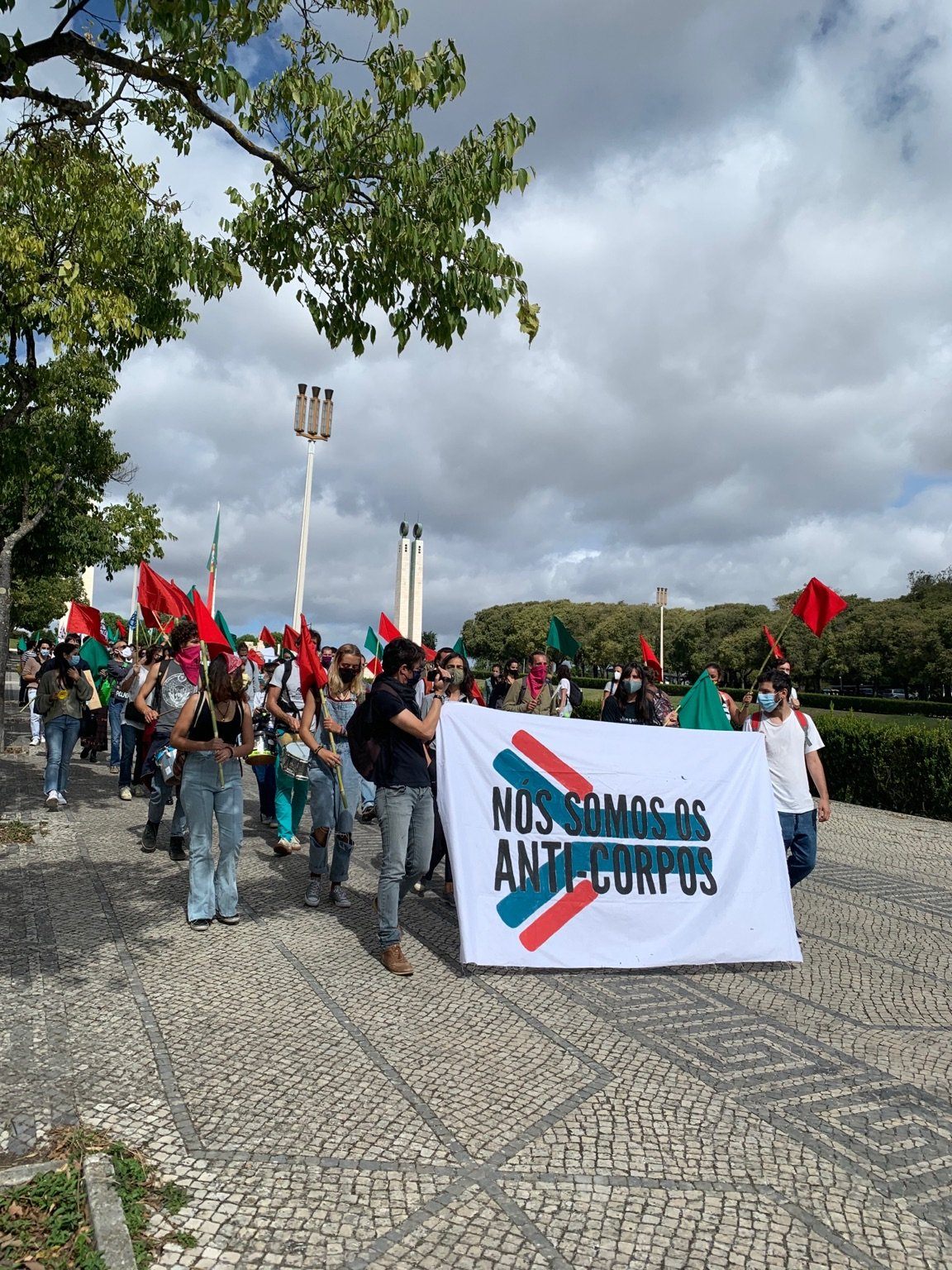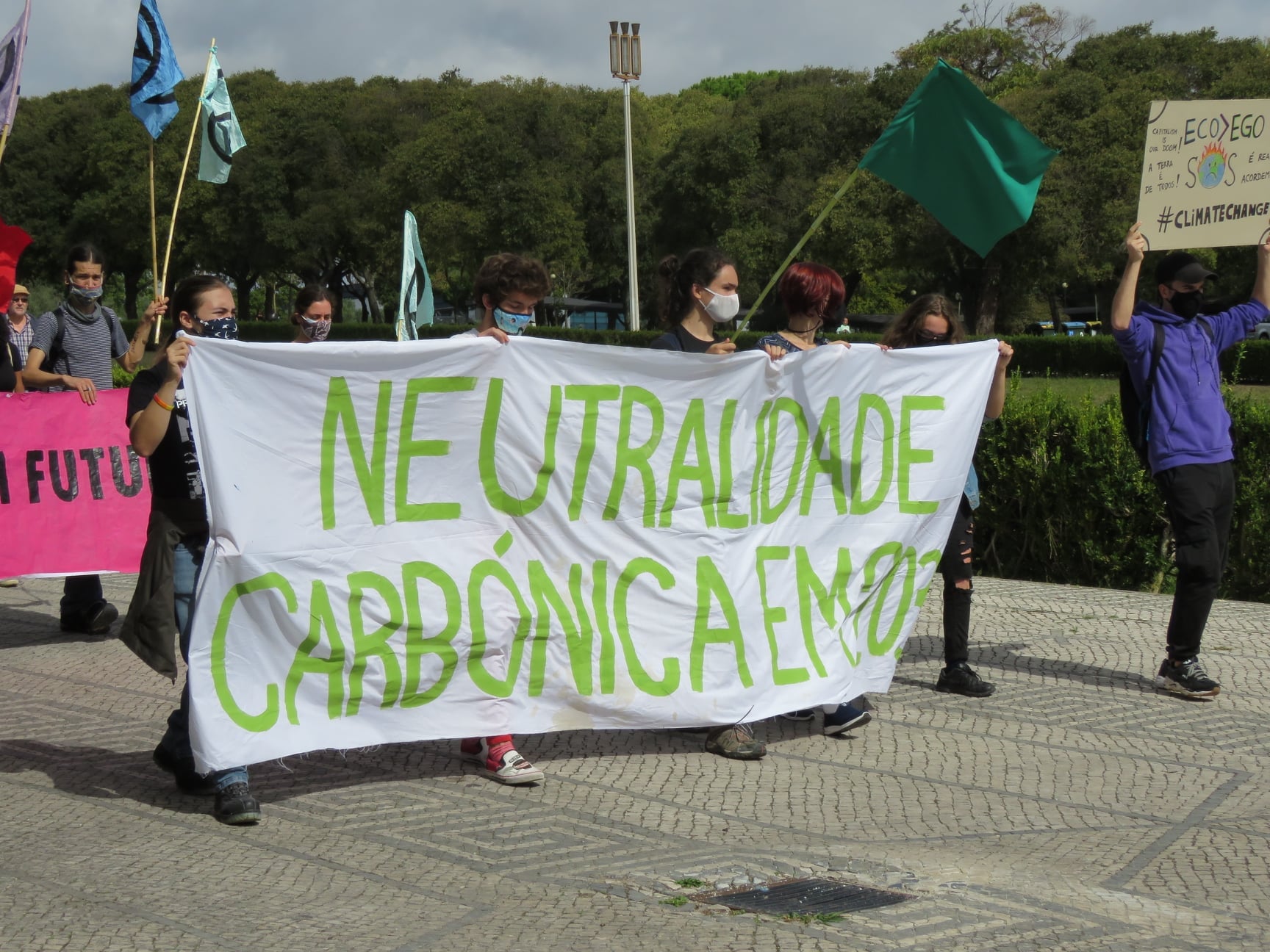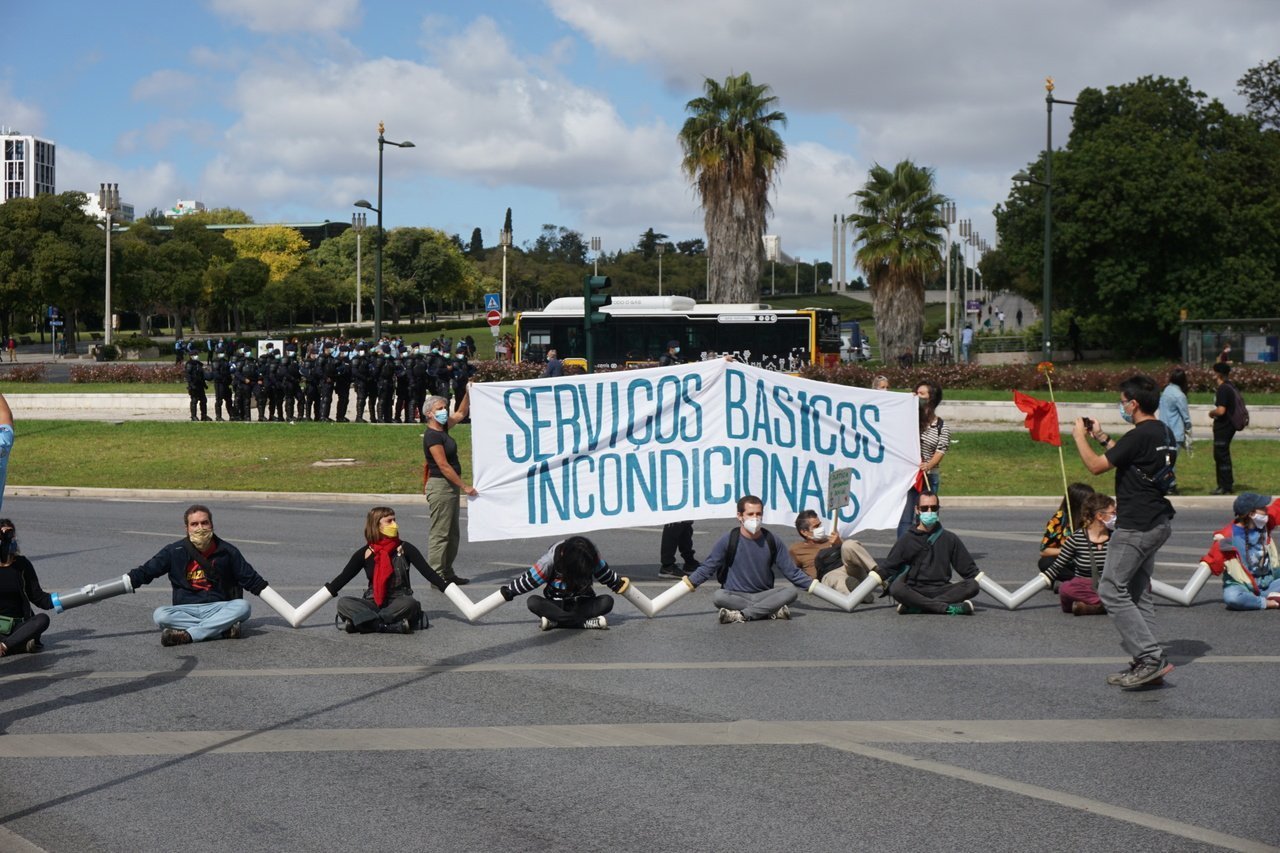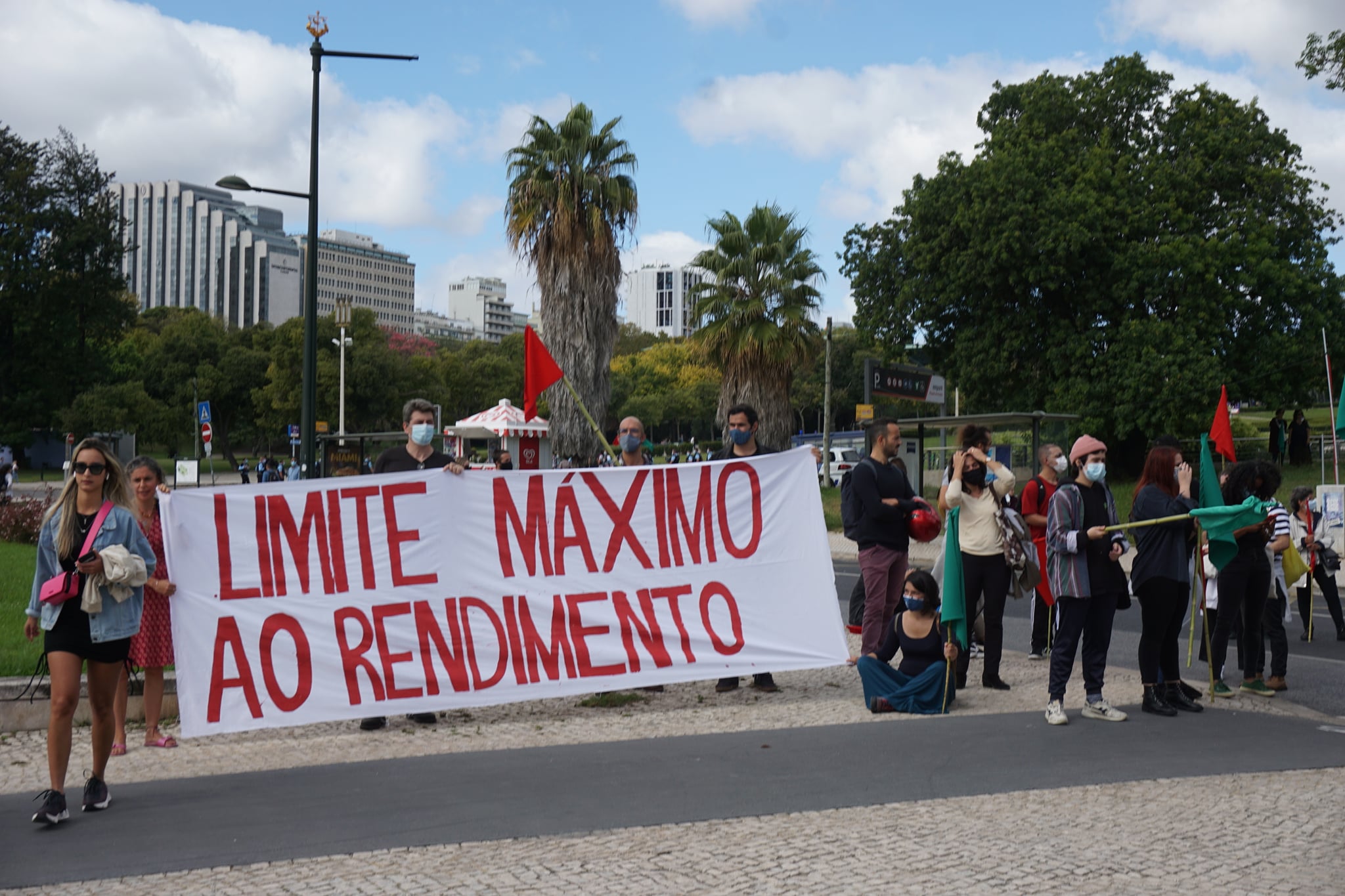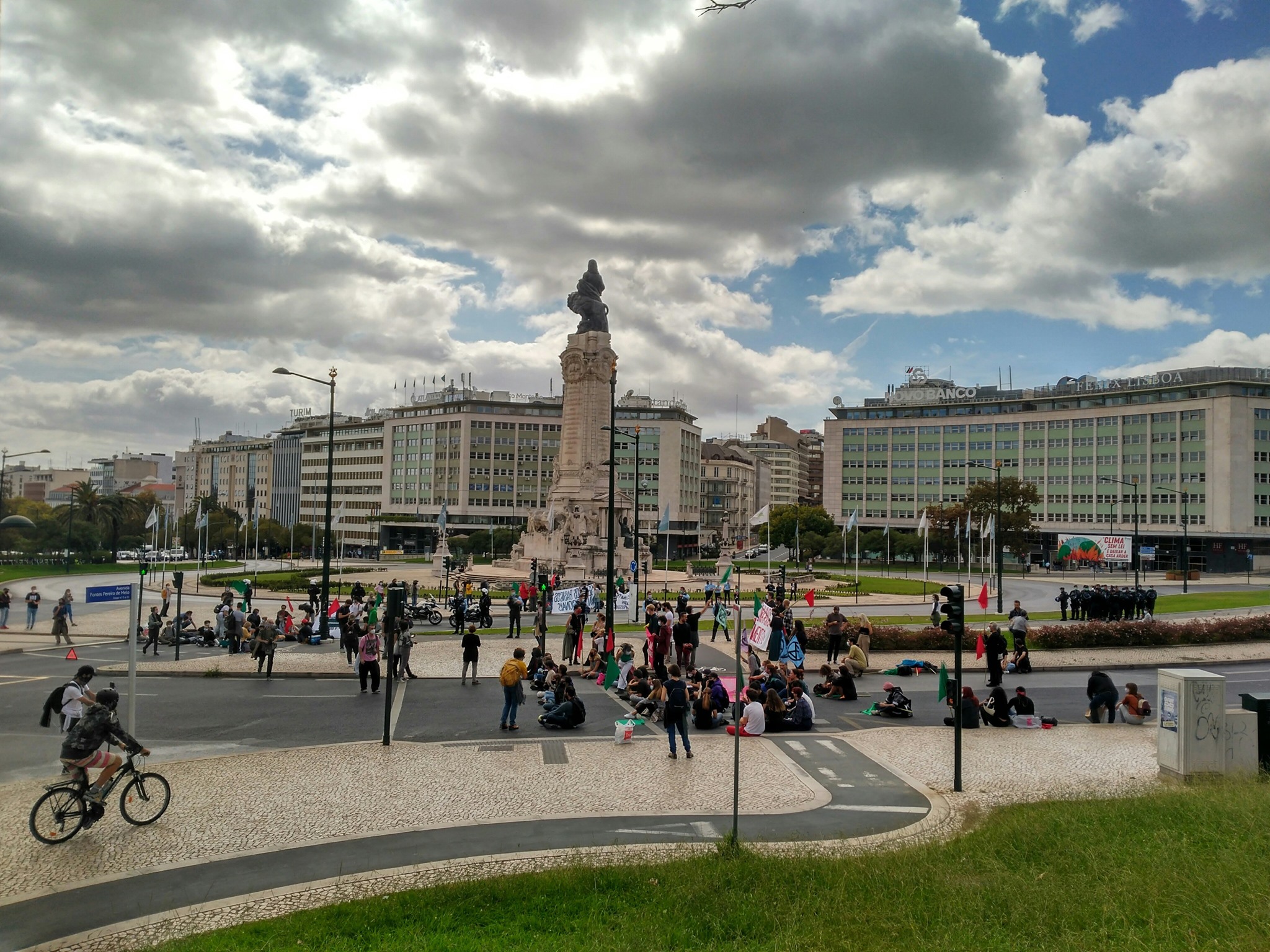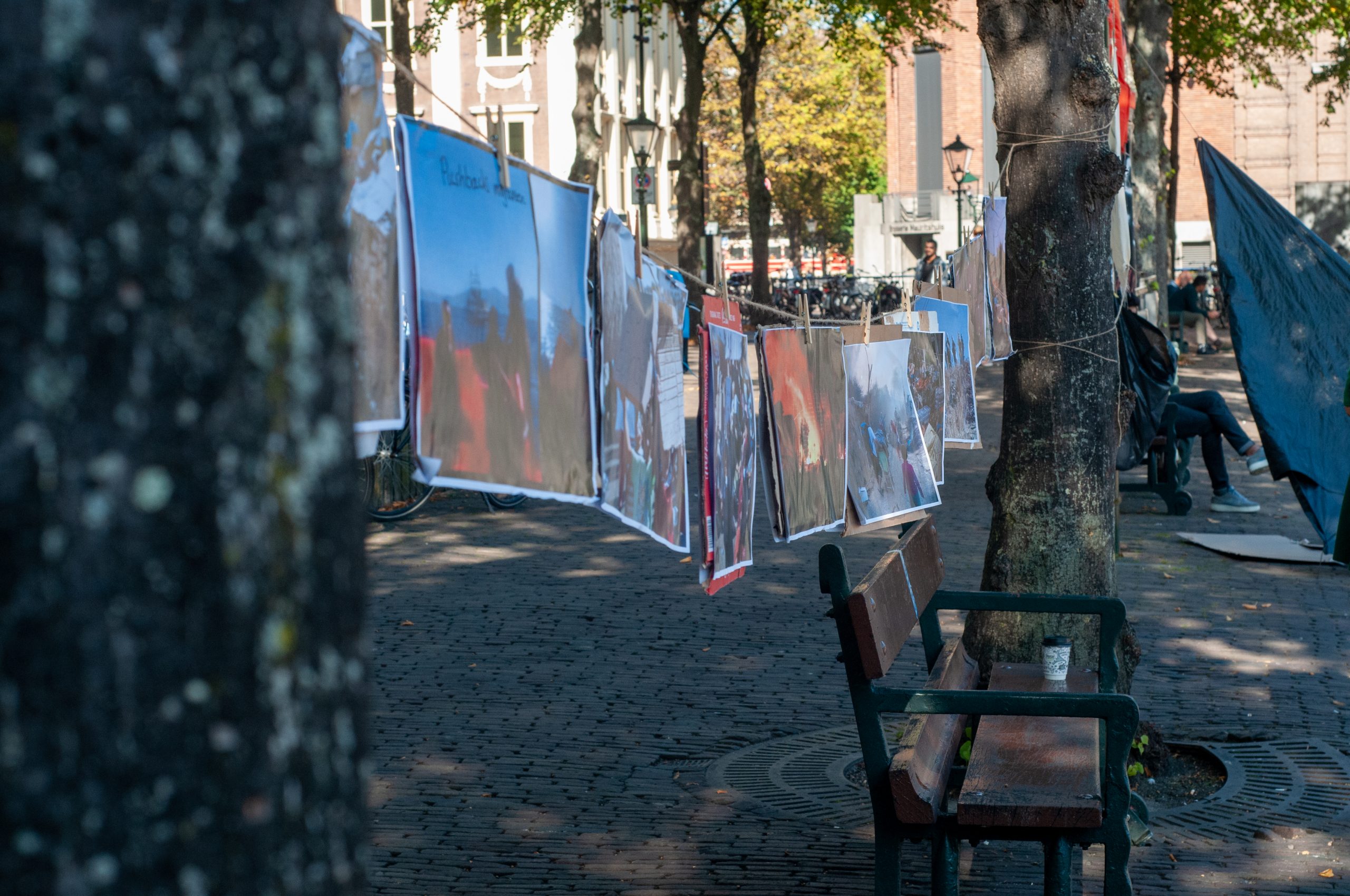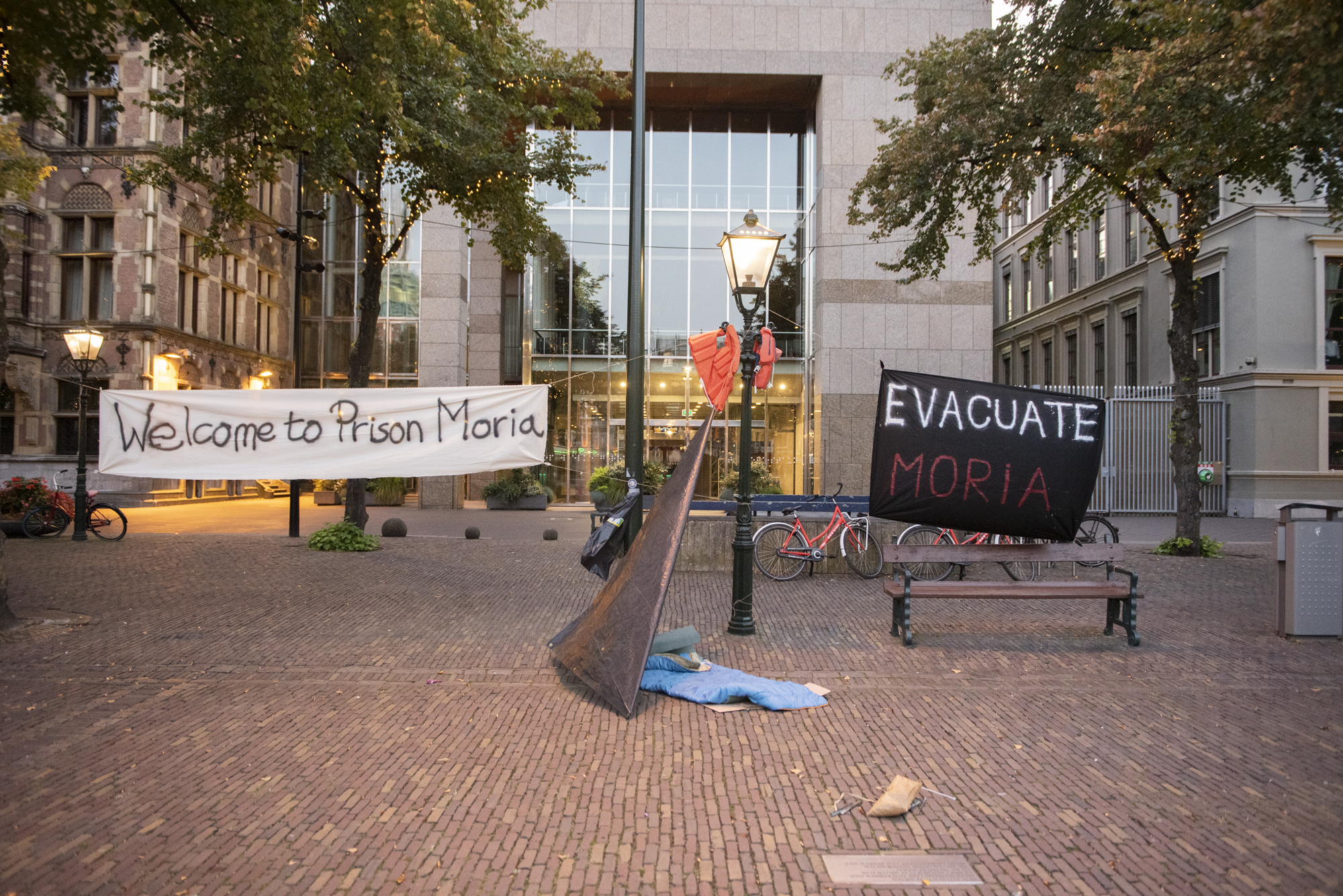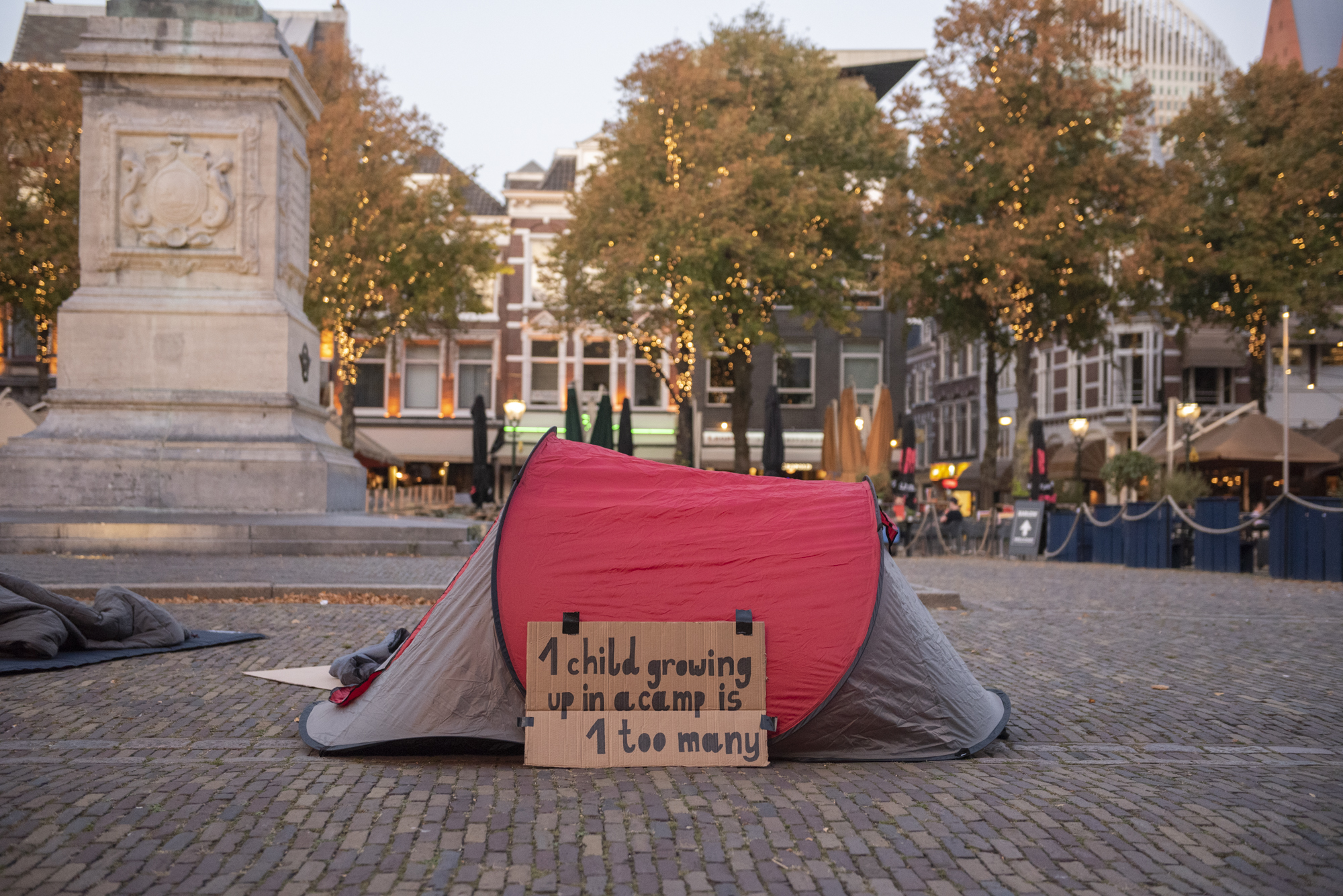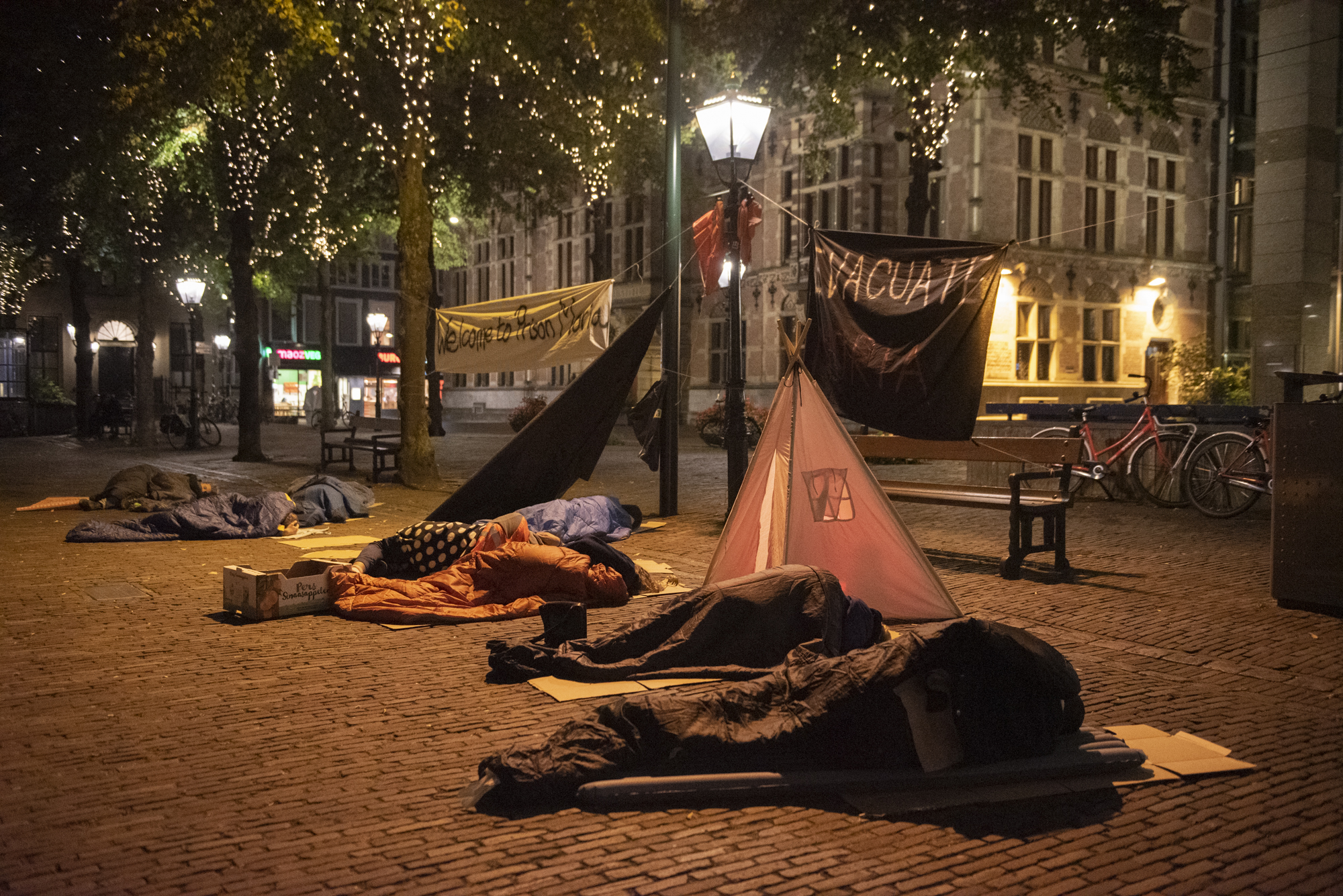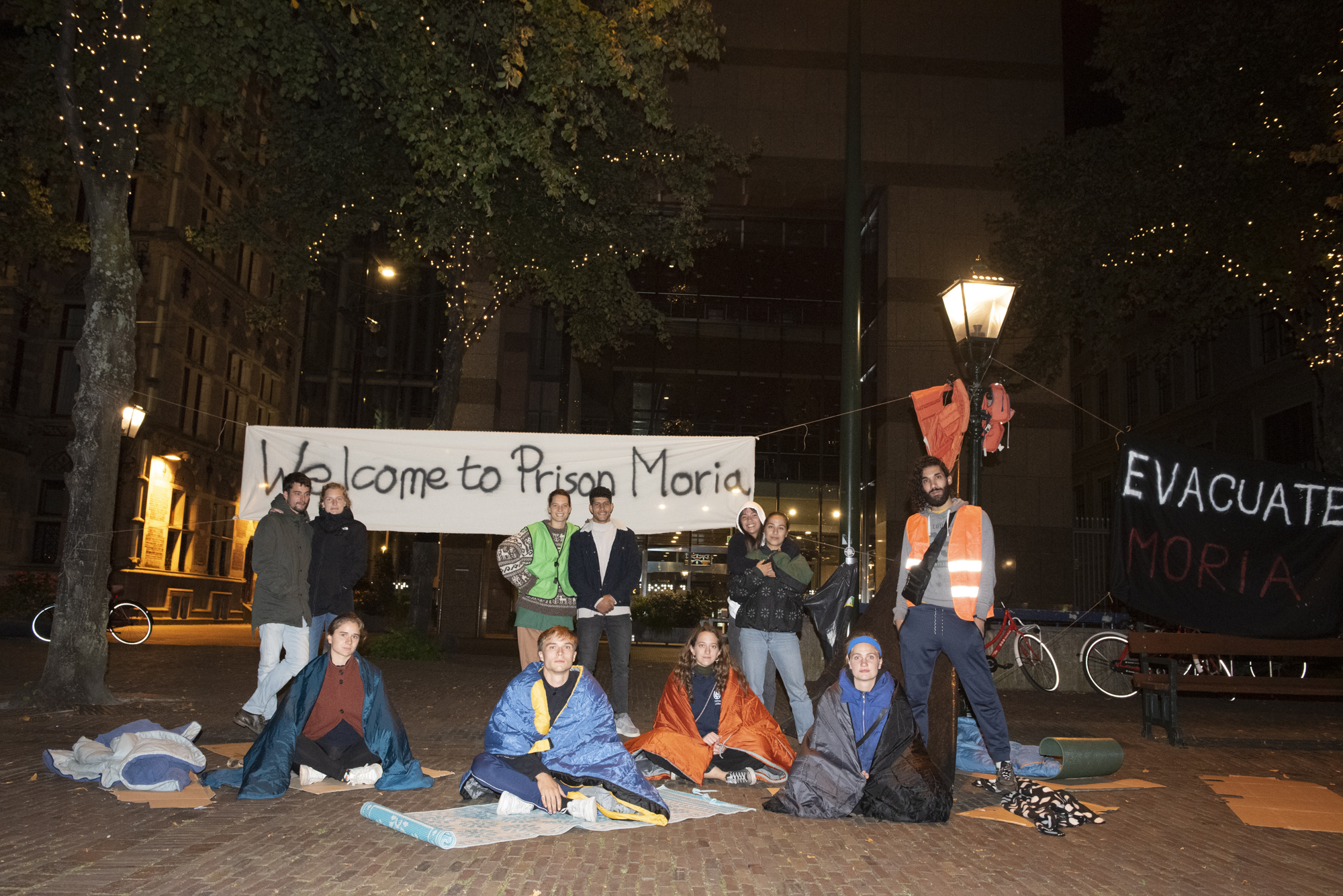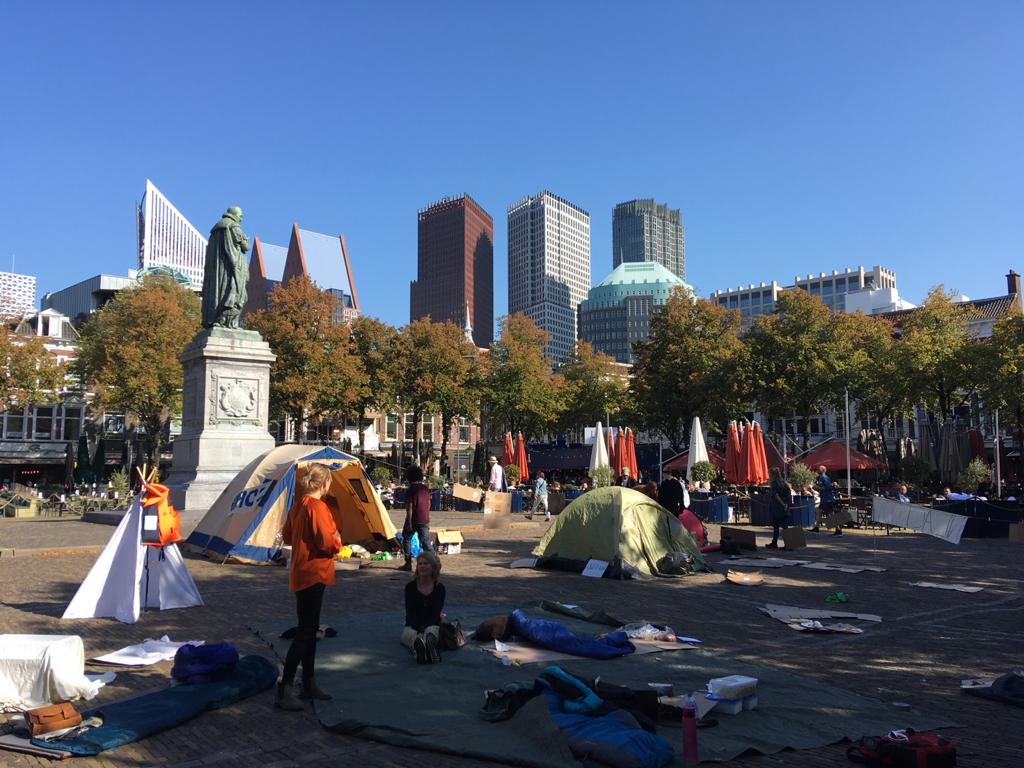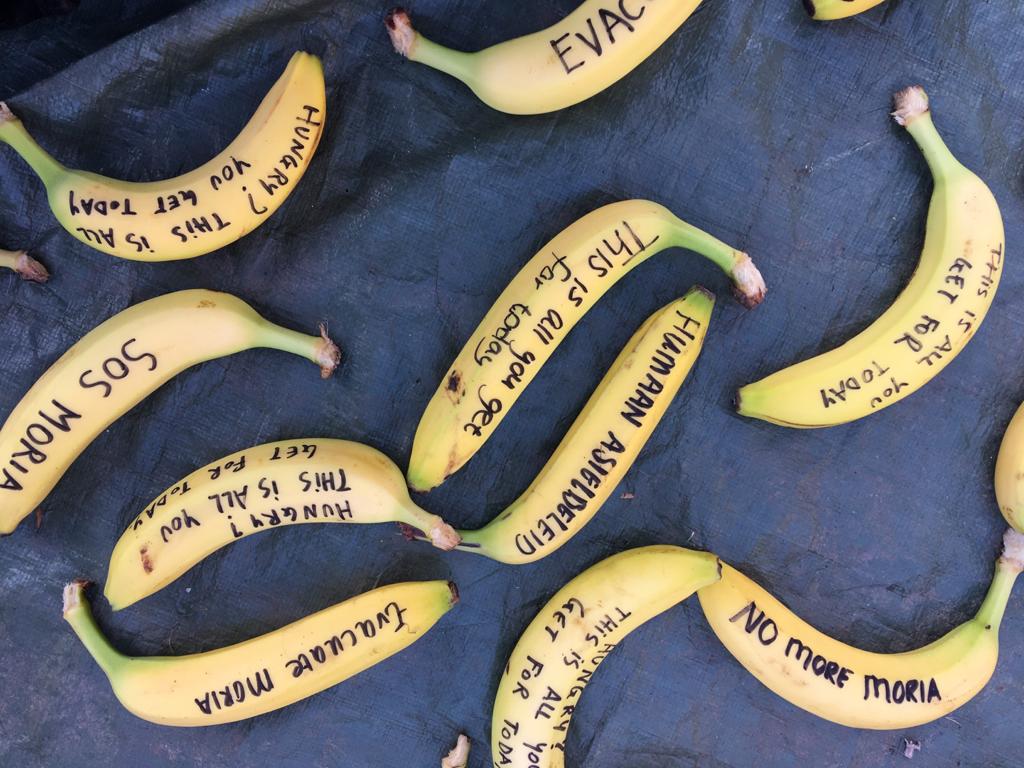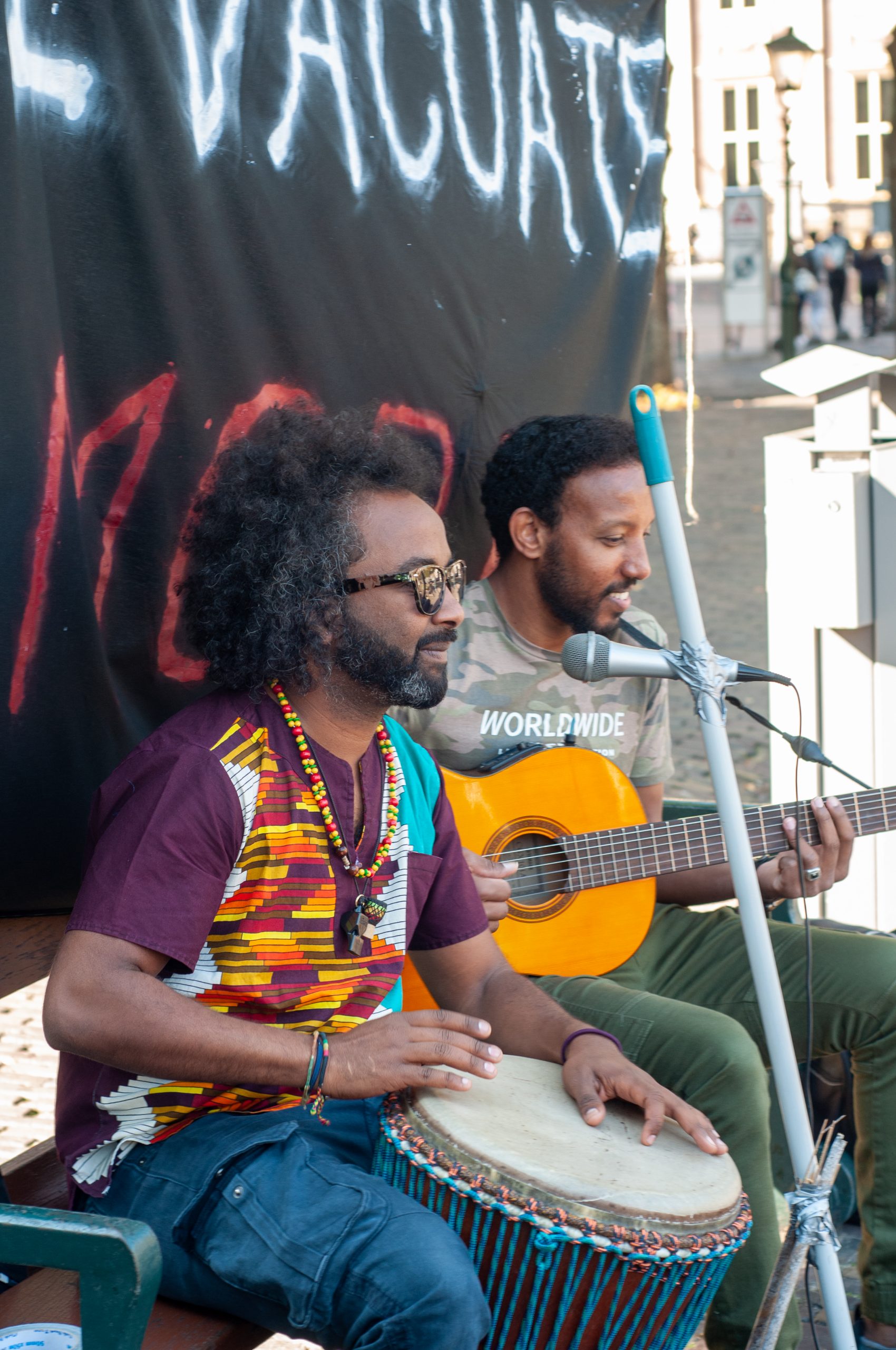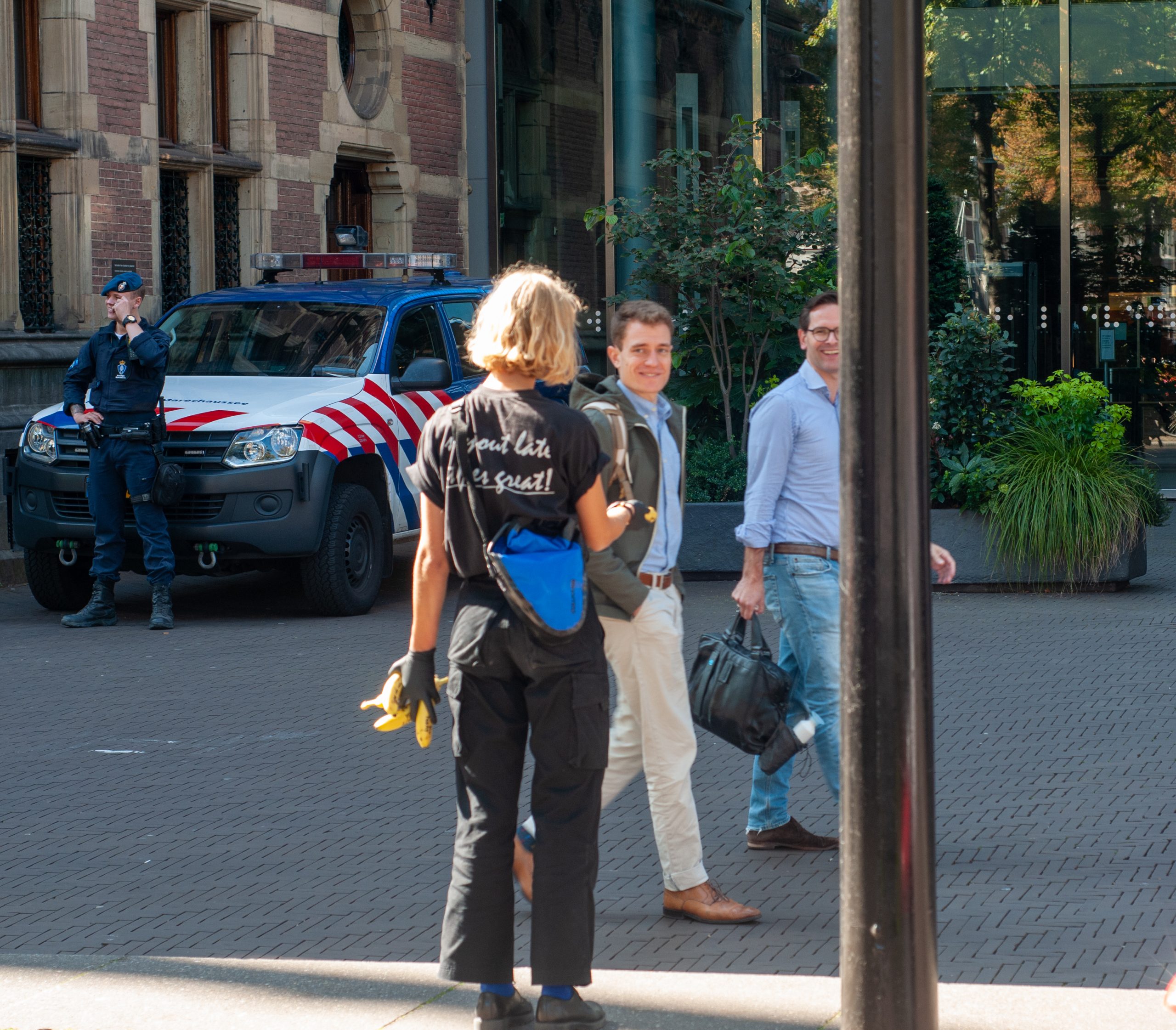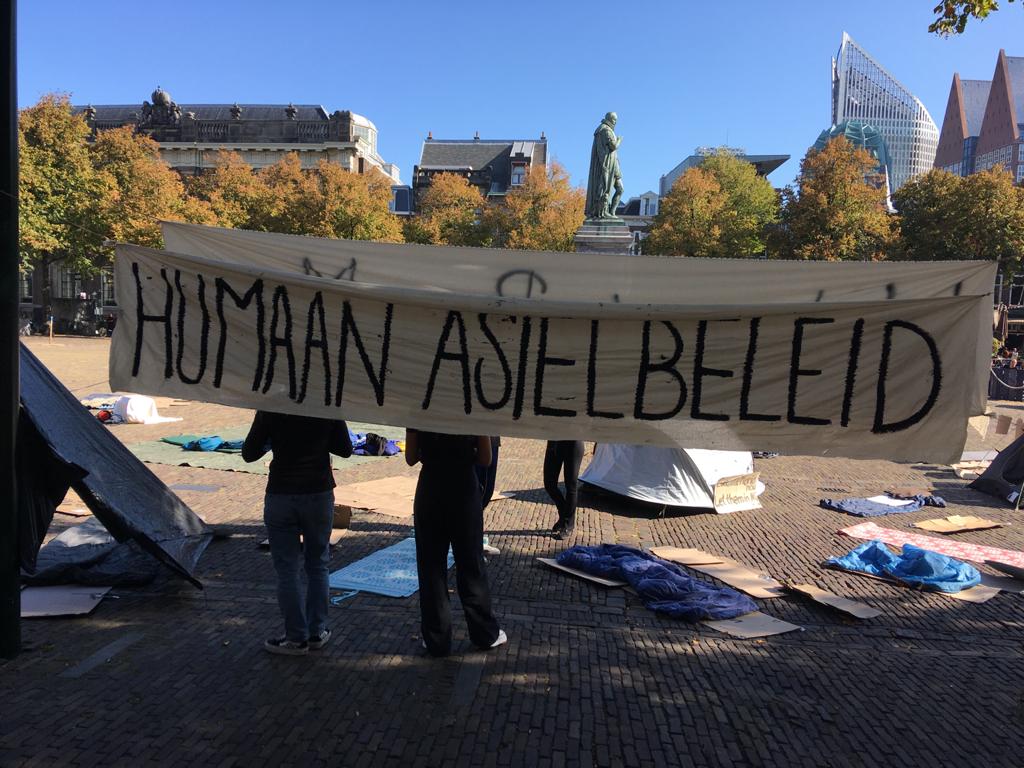Artistic activism
Royal Dutch Shell is one of the corporations most responsible for global carbon emissions and therefore responsible for climate breakdown. They face more than fifty lawsuits around human rights abuses, corruption and environmental destruction. To cover up for this culpability, Shell invests significantly in maintaining its social license. They do this by building relationships and brokering its power in many different institutions and societal spaces; educational, scientific, media, political and cultural institutions. Through funding, among others, cultural institutions, Shell purchases a positive image of societal generosity and can pimp their reputation. This is a PR strategy called artwashing (like greenwashing, but via the arts).
Fossil Free Culture NL has been working since 2016 to break the relationship between Shell and the cultural sector in The Netherlands. The organization works to contribute directly to dismantling Shell’s power over society through direct actions of civil disobedience. Many actions have been centered around the Museum Quarter of Amsterdam, housing the Van Gogh Museum, Rijksmuseum, Stedelijk Museum and Concertgebouw (Royal Concert Hall). Actions included waiters serving champagne glasses filled with ‘oil’ at the opening of the season of the Concertgebouw and infiltrating the Van Gogh Museum by positioning oil-stained shells everywhere.
Upcoming actions
Two months ago, Shell stopped its sponsorship of the Concertgebouw. All institutions around in the Museum Quarter are now finally fossil free. Fossil Free Culture NL still aims to eradicate all fossil fuel sponsorship from the cultural sector through targeting the four cultural institutions still accepting fossil fuel money: Groninger and Drents Museum, Nemo in Amsterdam and Boerhaave in Leiden. Their upcoming campaign (2020-2021) will the focus on organizing performances and building new communities for action. To do so, a series of artistic activism will be organized in Leiden, Groningen and Drenthe, so that local groups can organize creative protests and performances autonomously.
During the COVID-19 pandemic the organization will focus on reaching their public through online channels (through social media, email blasts, our website and webinars), while executing smaller offline actions. Between 20 and 30 participants will be mobilized per action / performance, building up to 100 participants after Covid-19. Online it aims to reach a broader audience (videos are watched by approx. 30,000 people online). Het Actiefonds supports Fossil Free Culture NL for the two first civil disobedient performances (one in 2020 and one in 2021), the printing of leaflets that accompany each performance and general publicity material. Leaflets will hijacks the style of the museum’s leaflets. They look like the official leaflets but contain background information on Shell’s destructive practices and solid arguments for dropping the sponsorship.
—
Photo: Anisa Pinelo and Laura Ponchel

